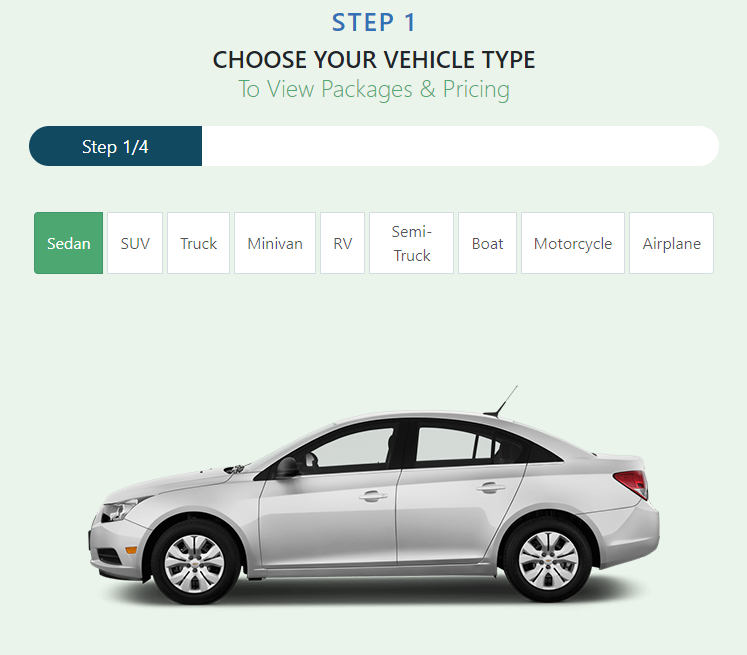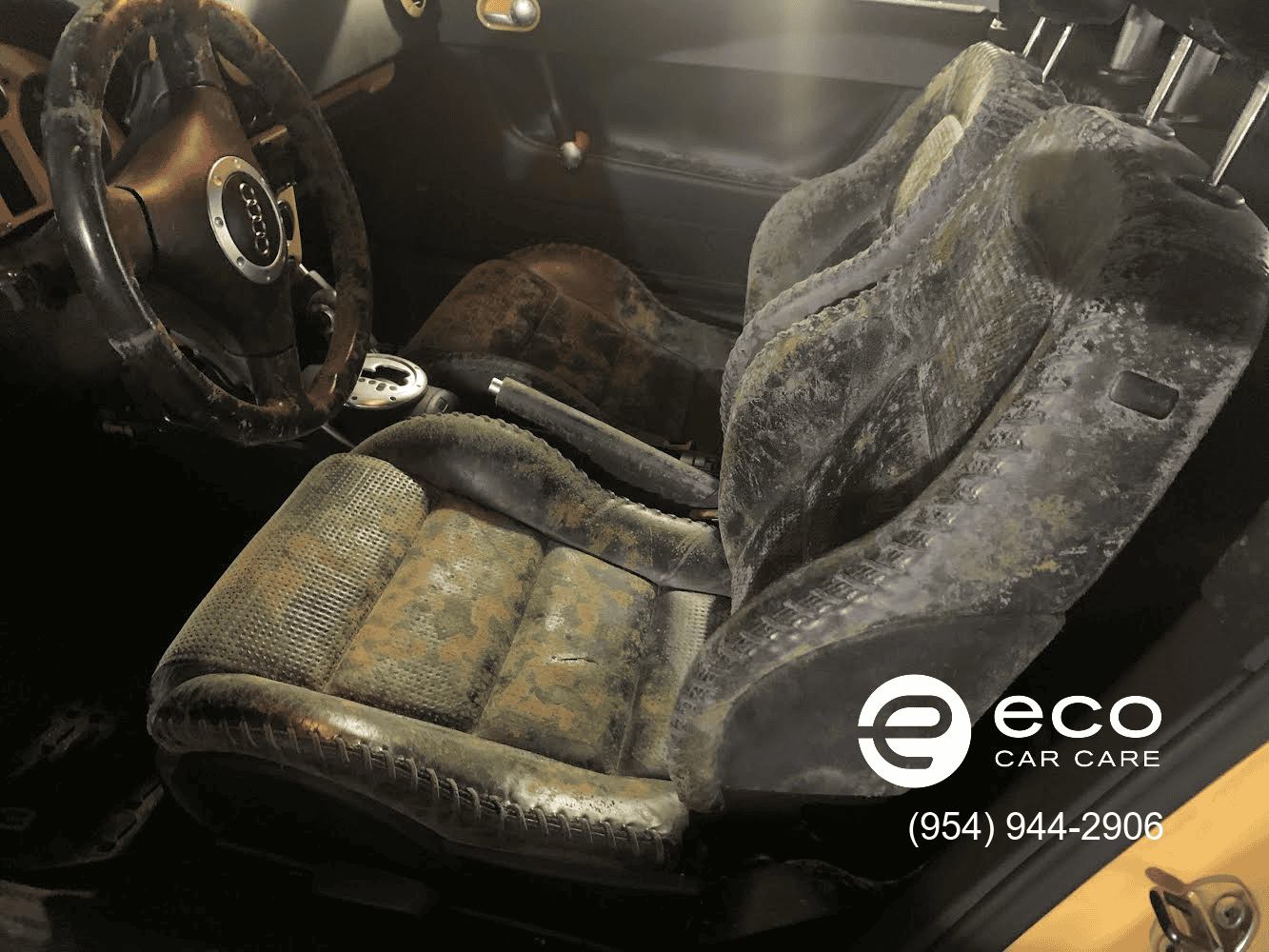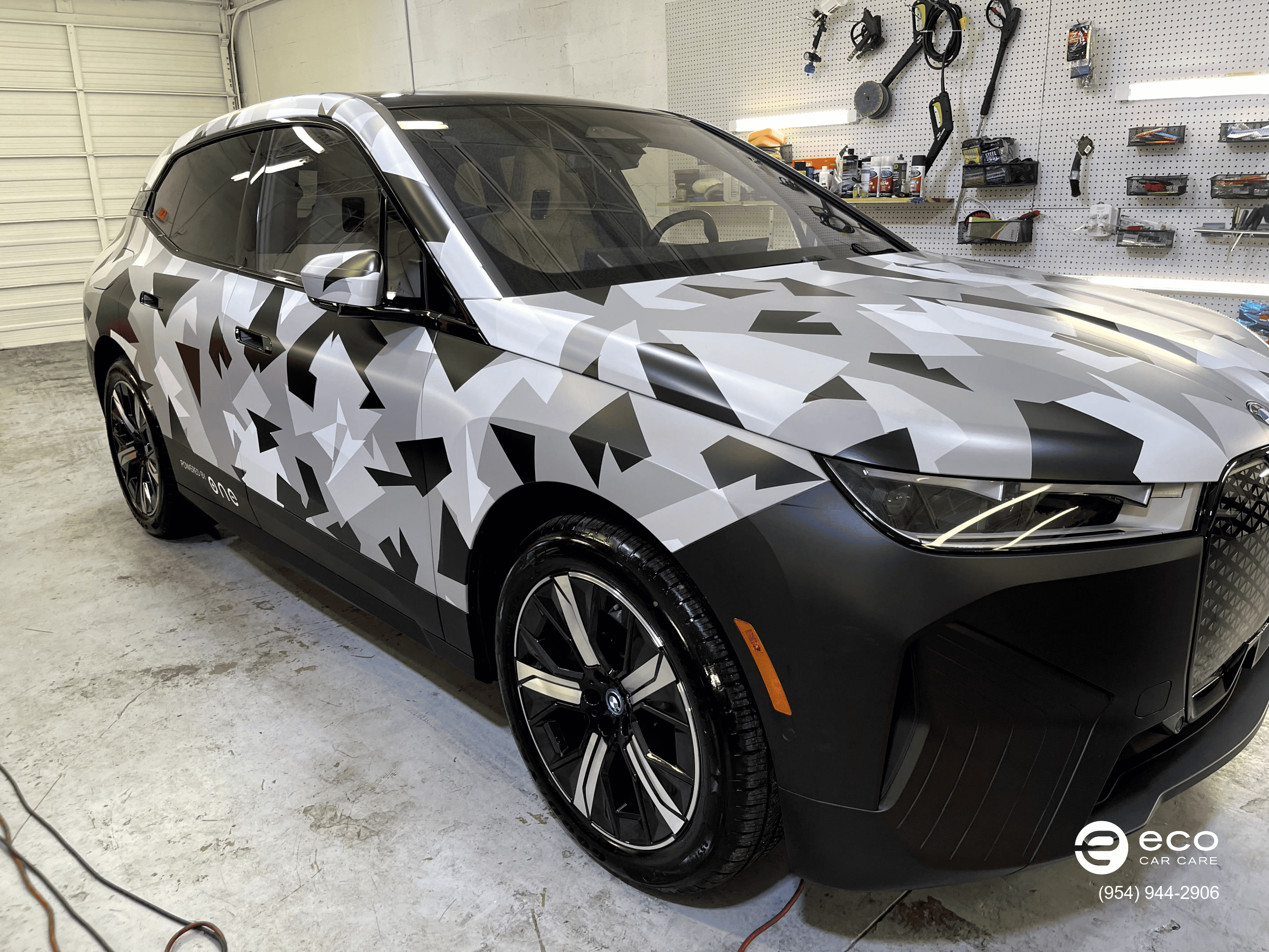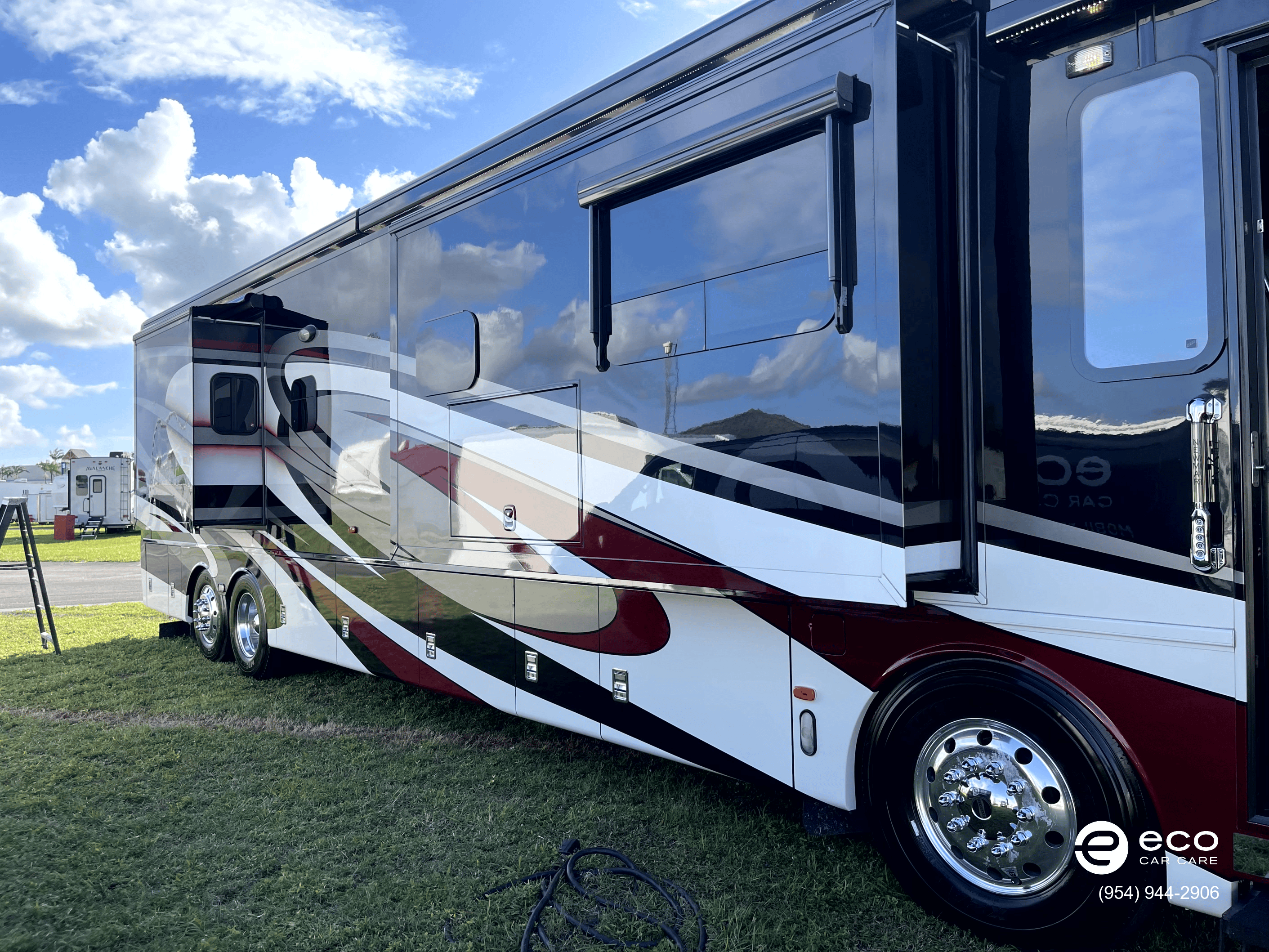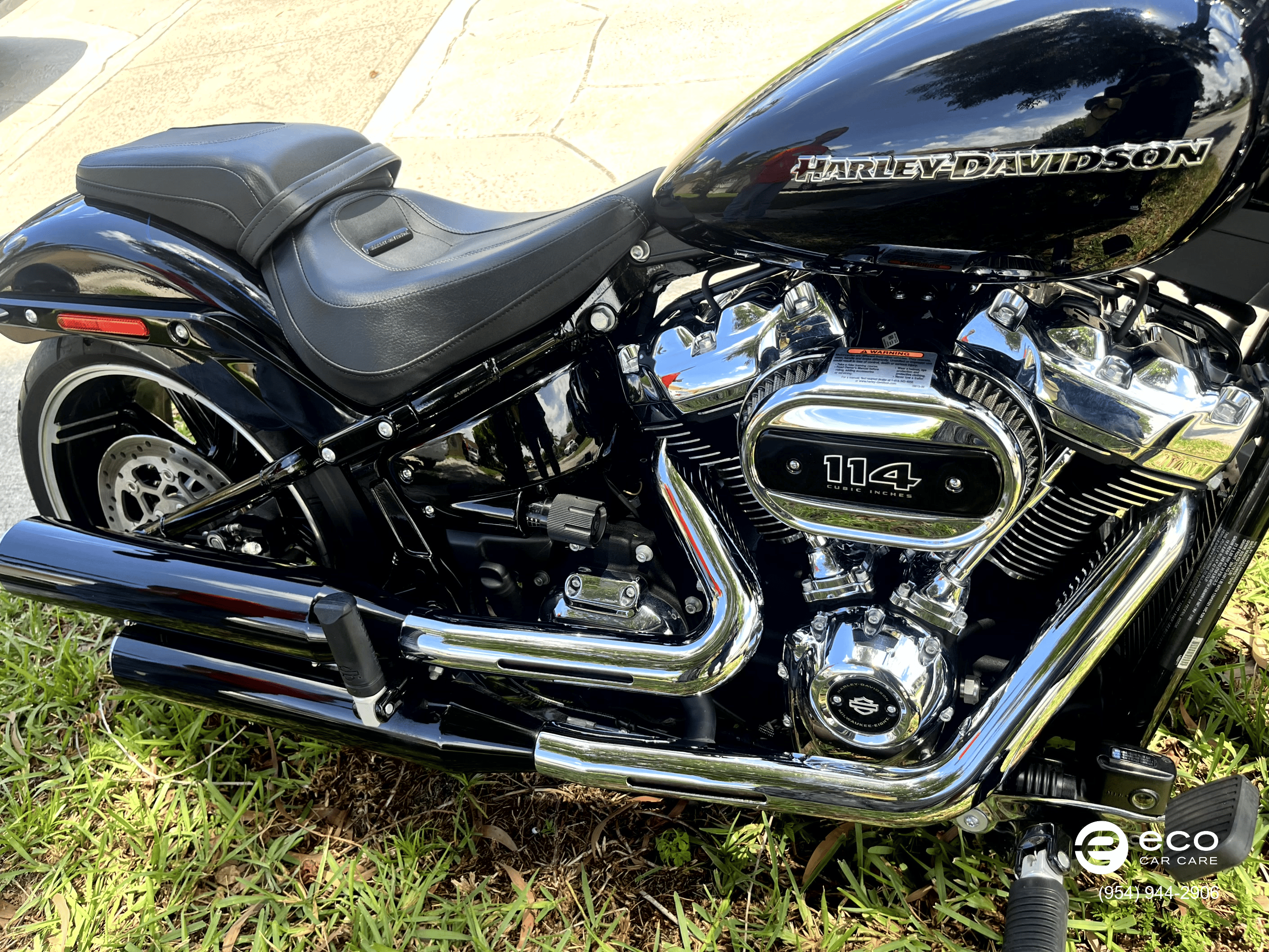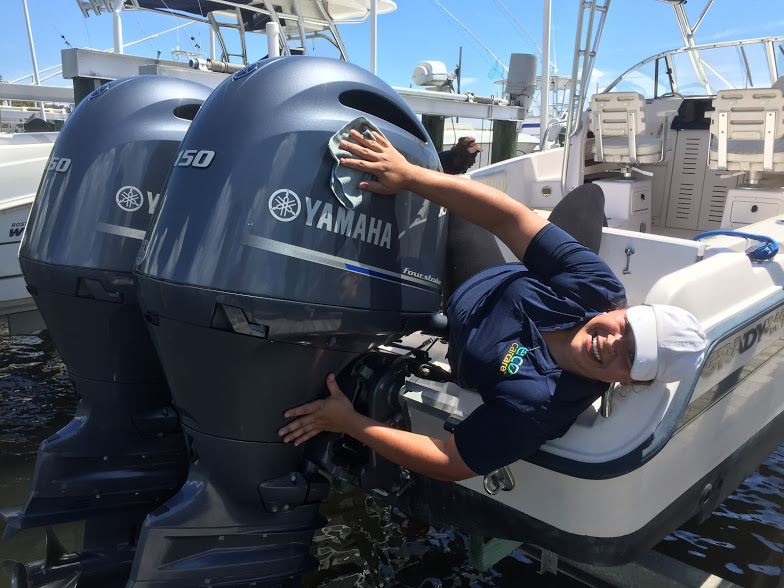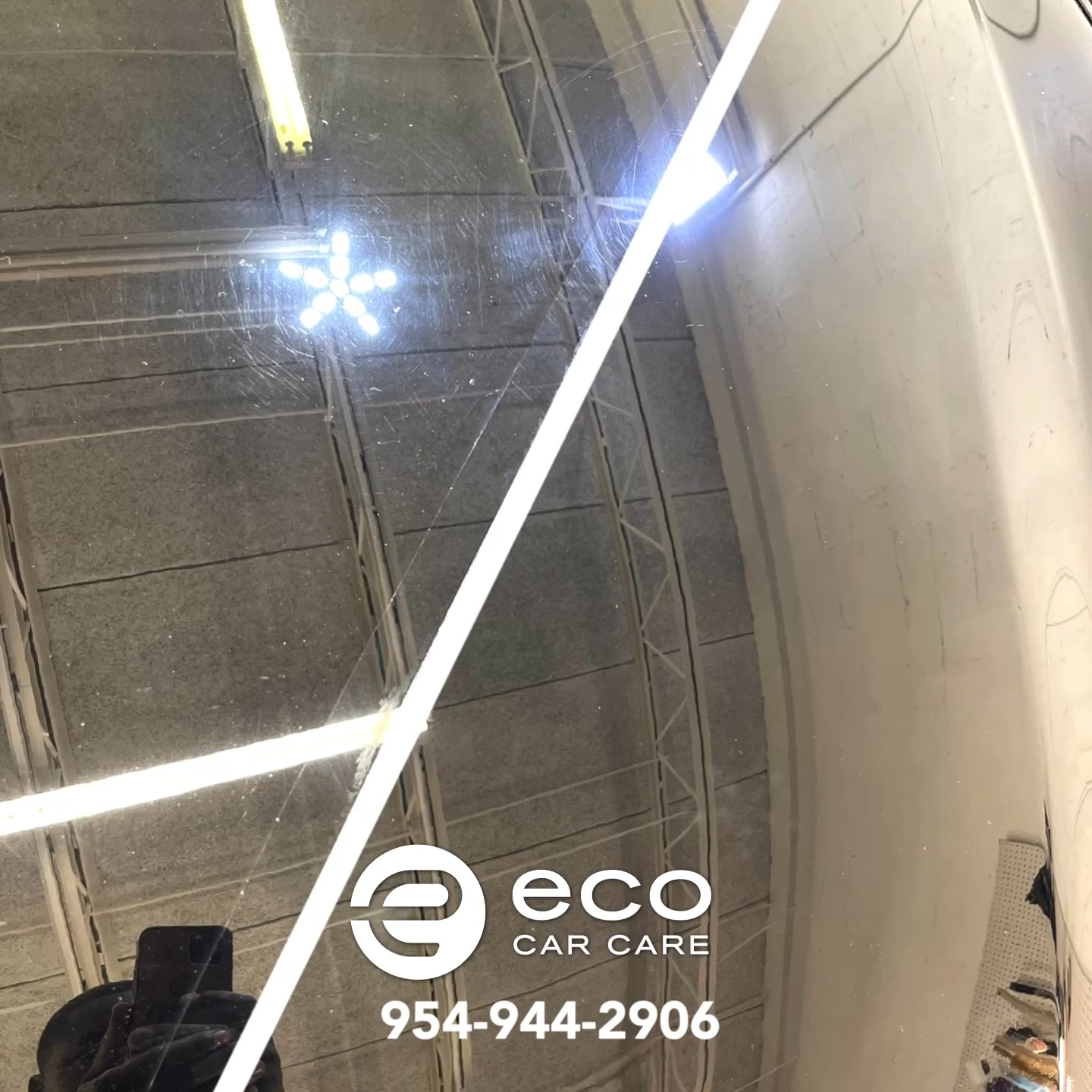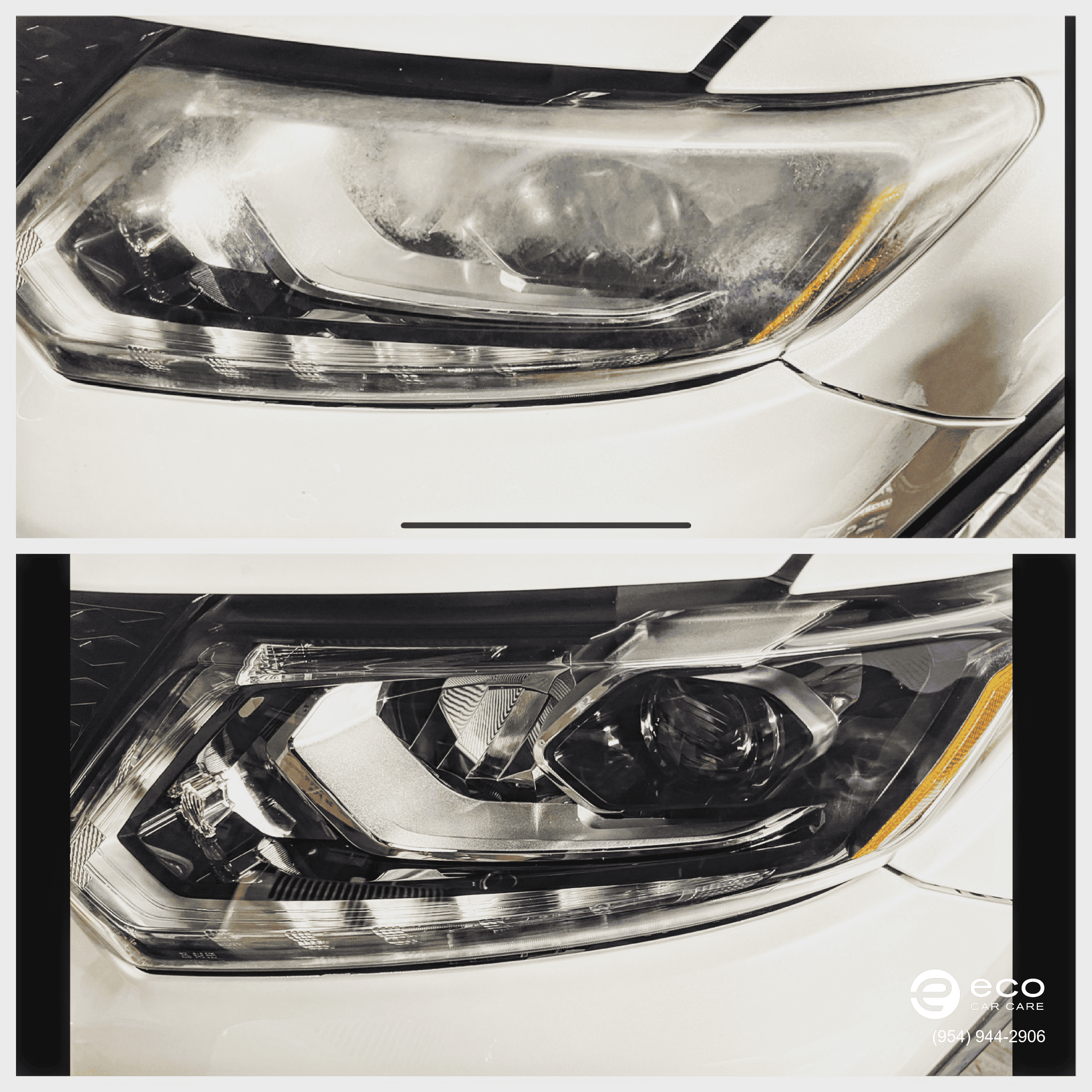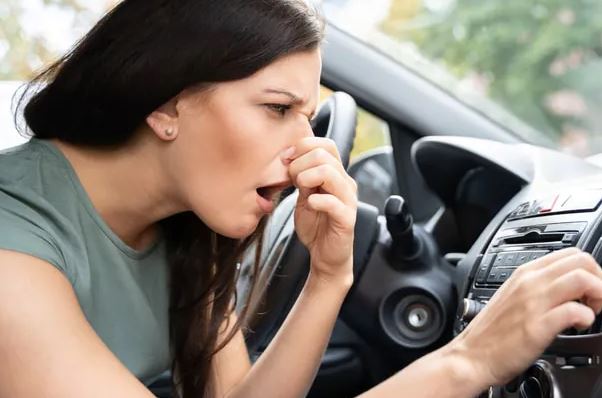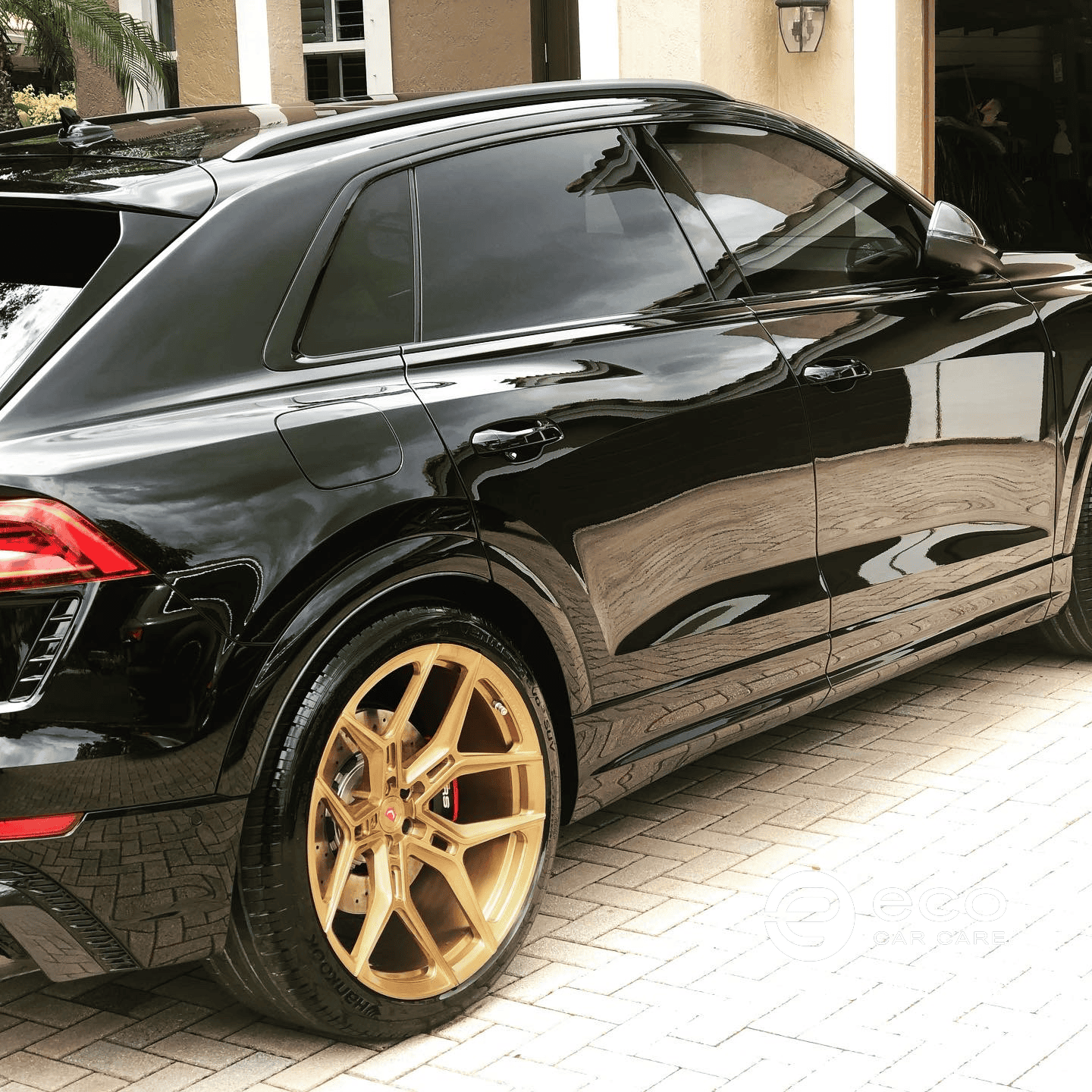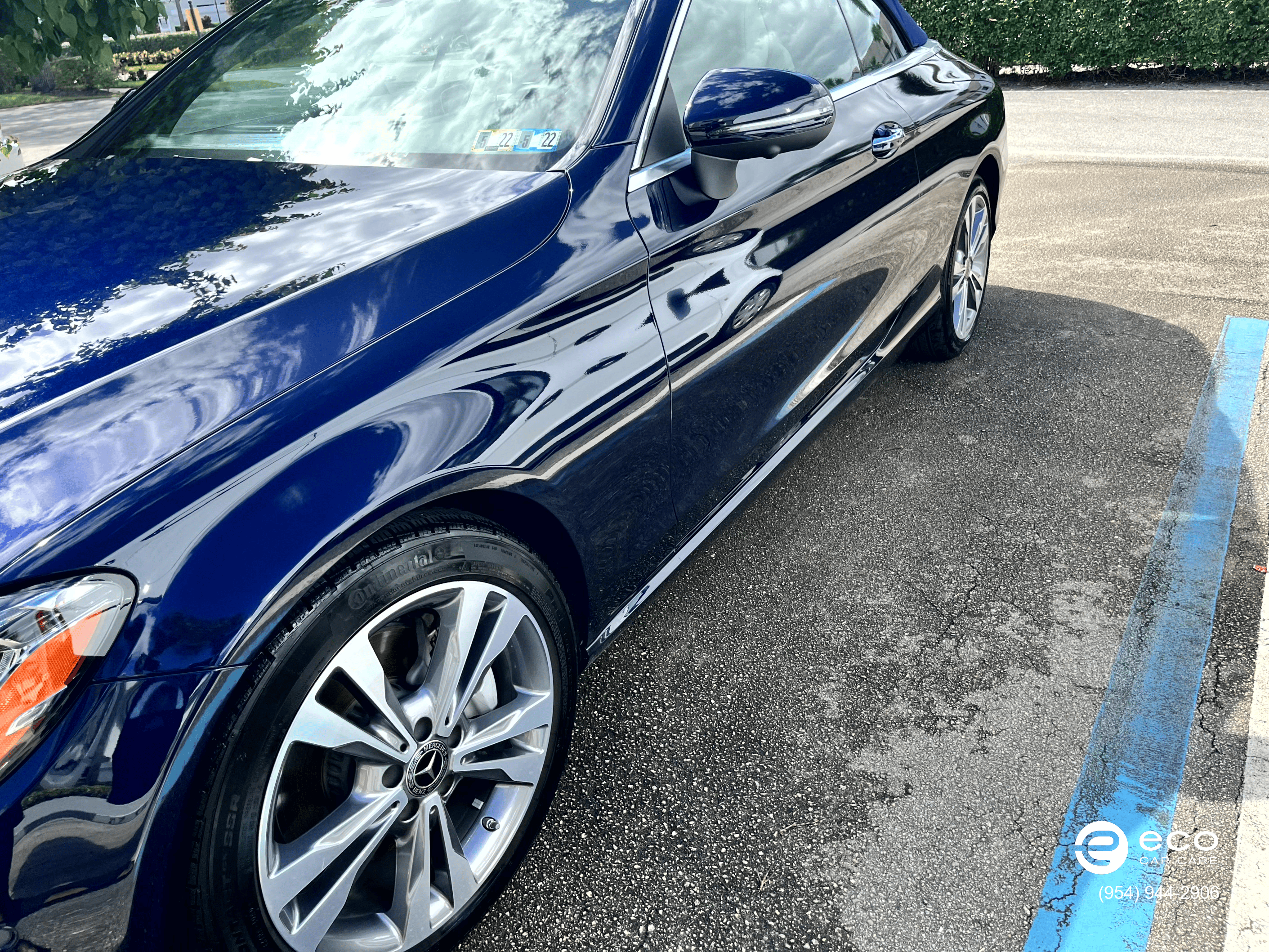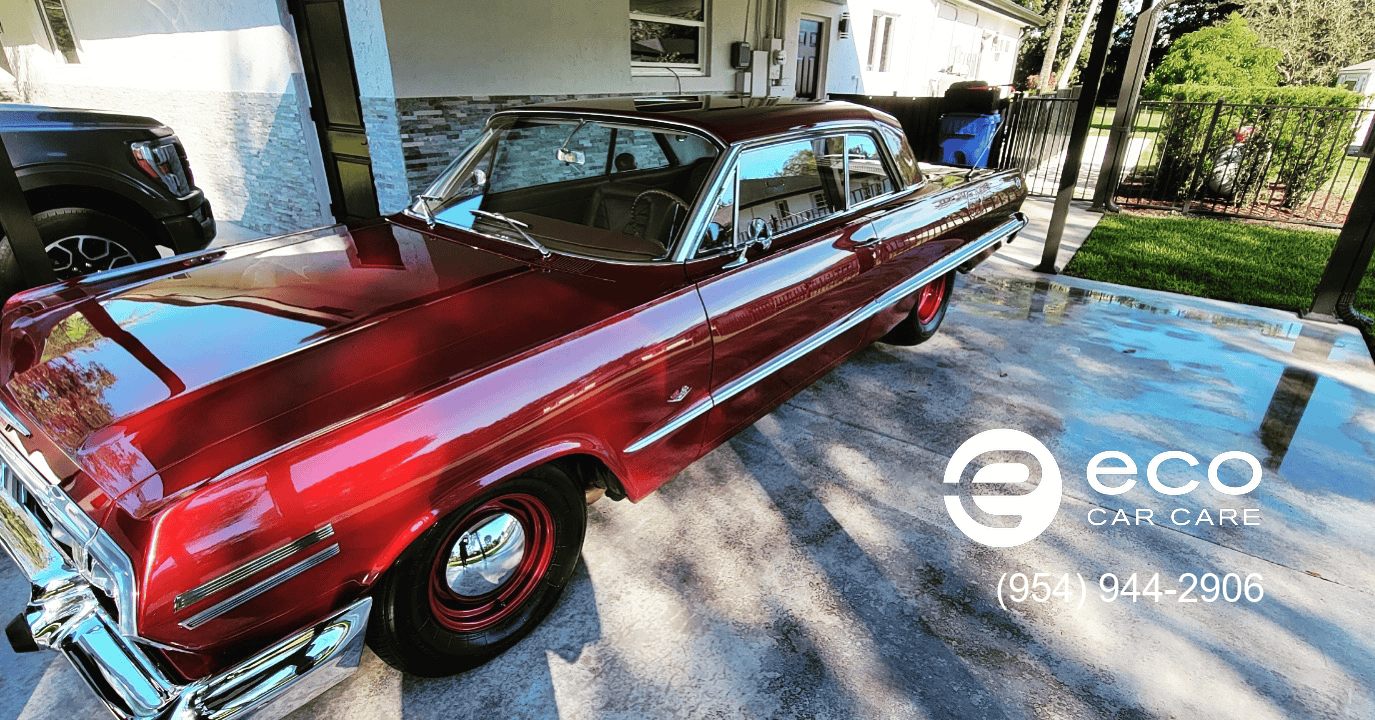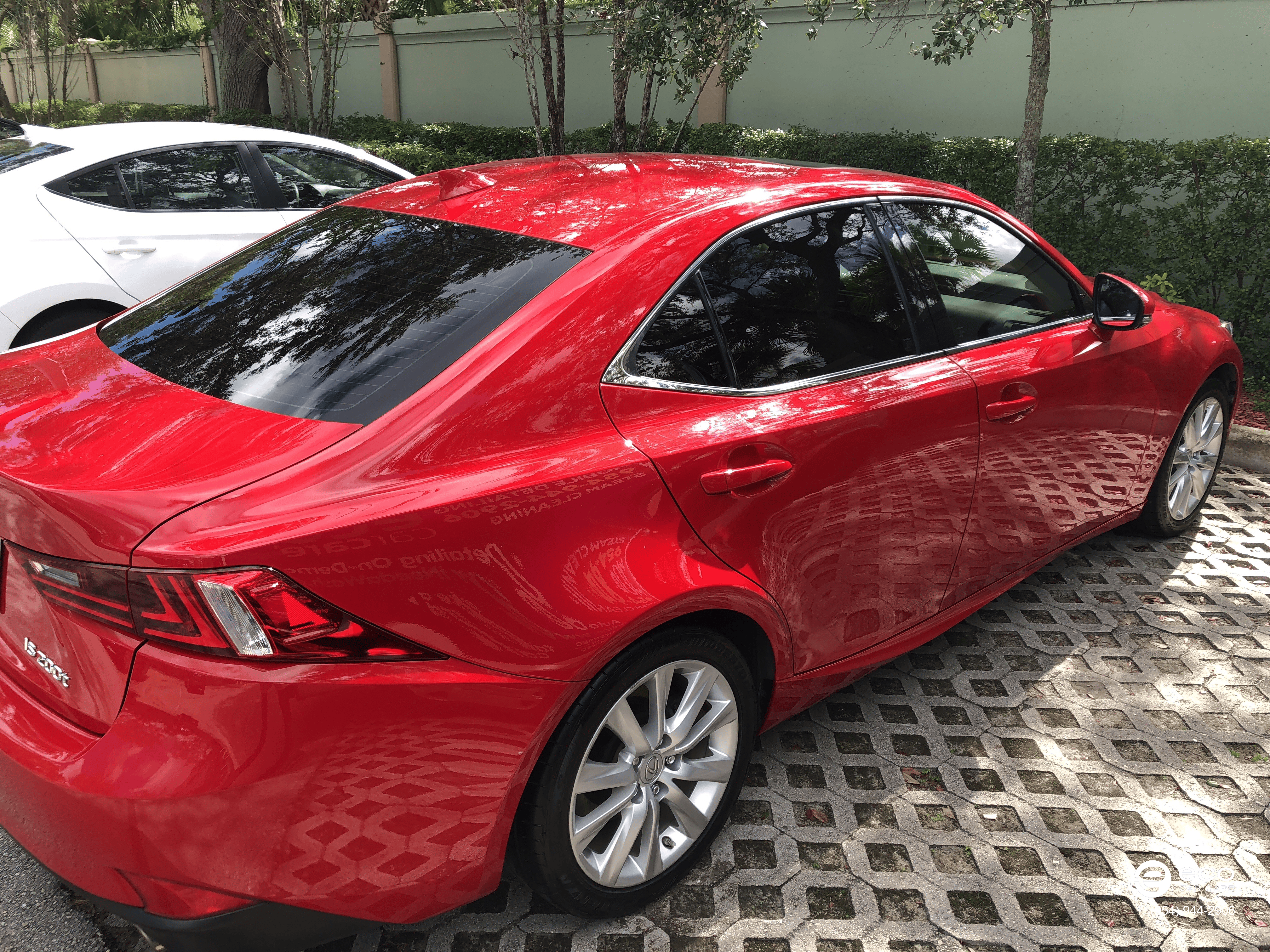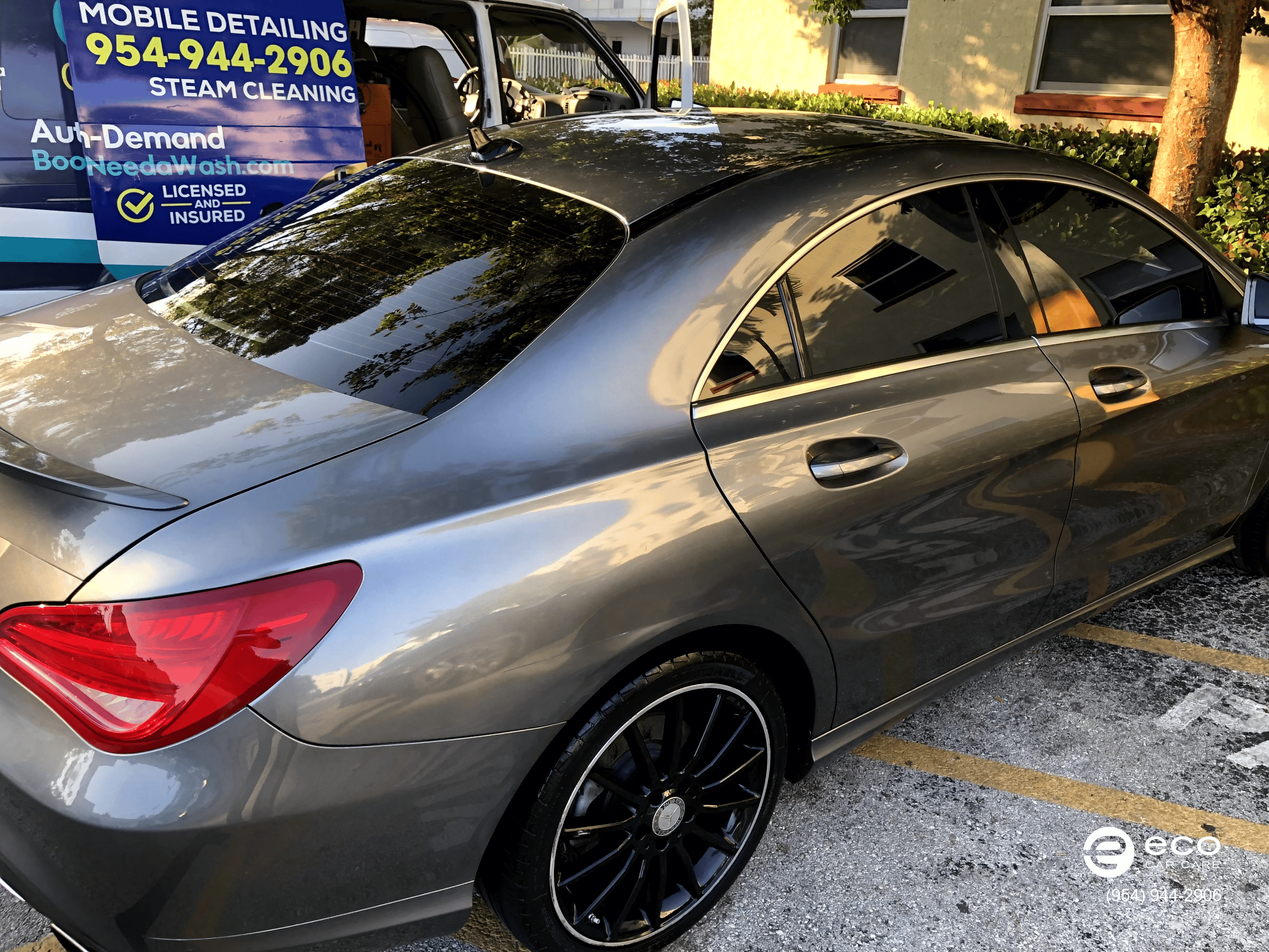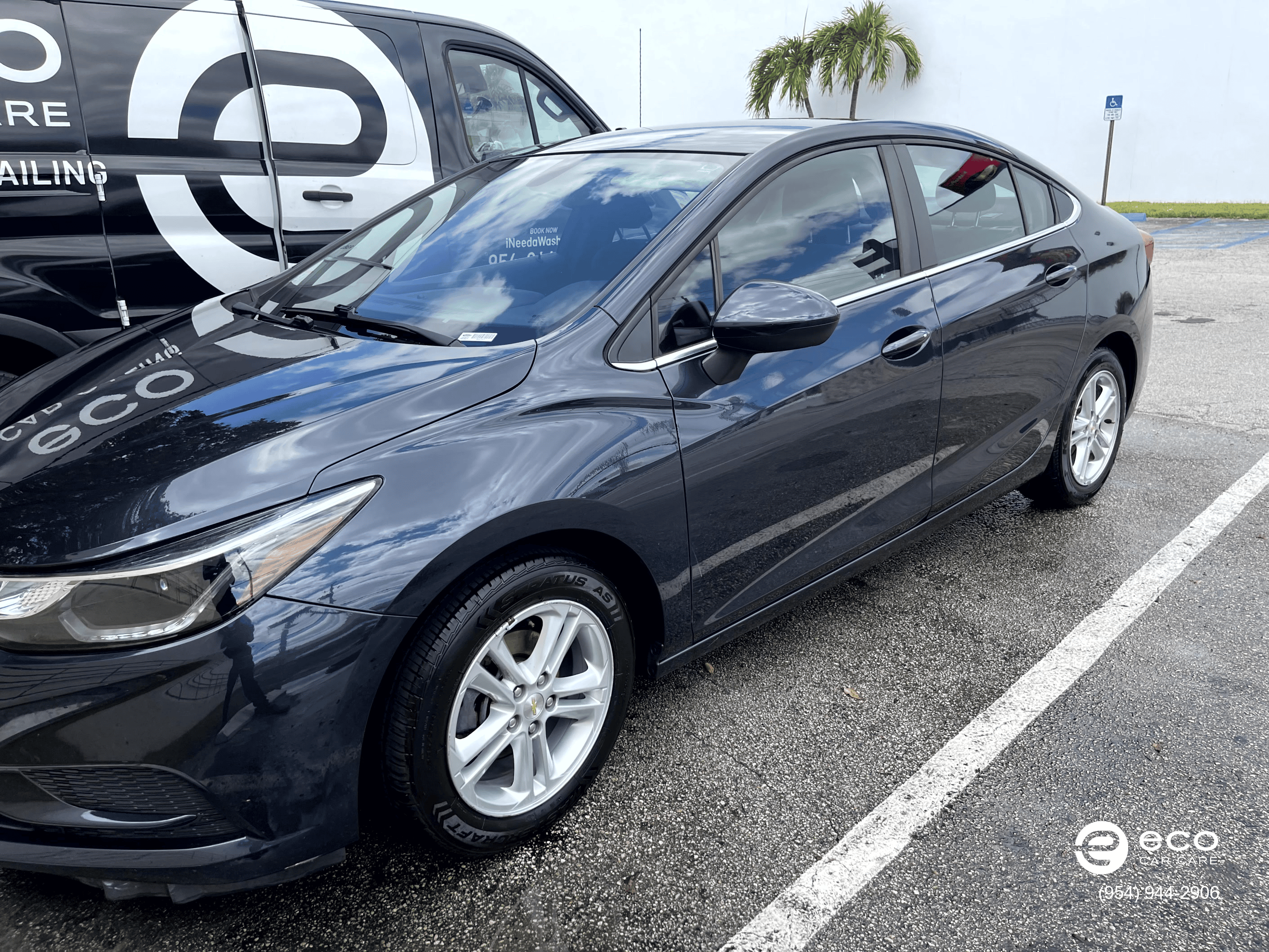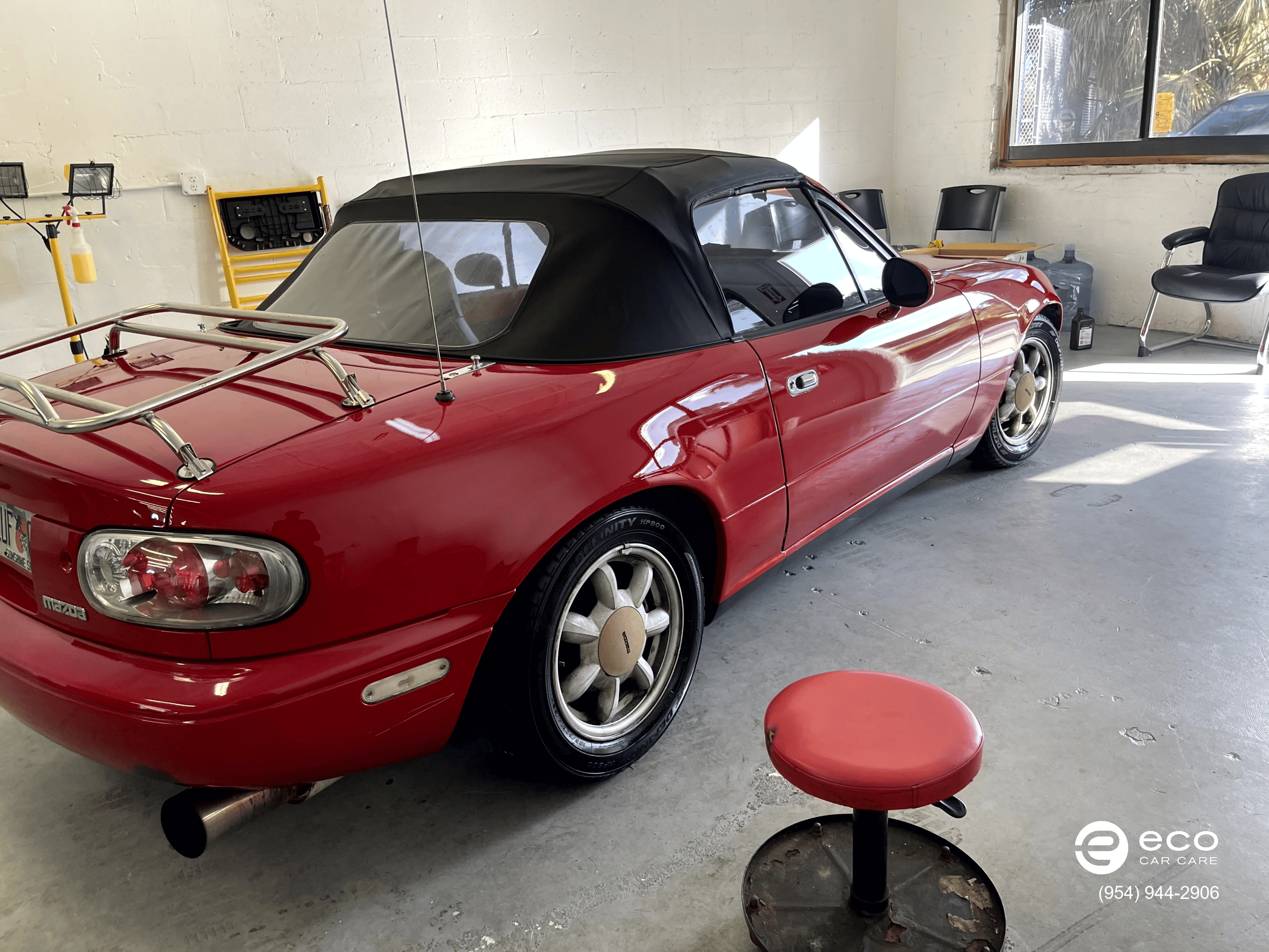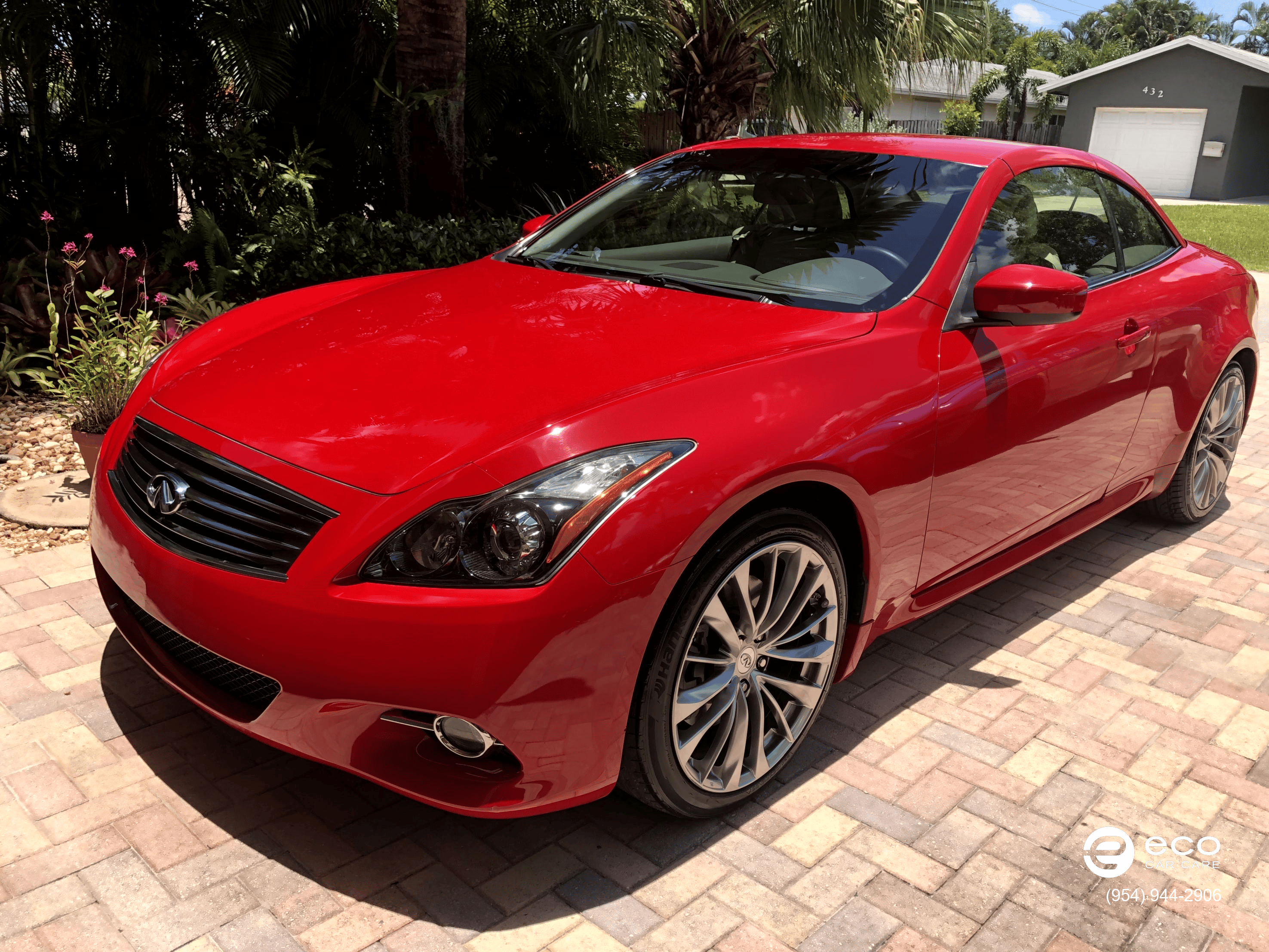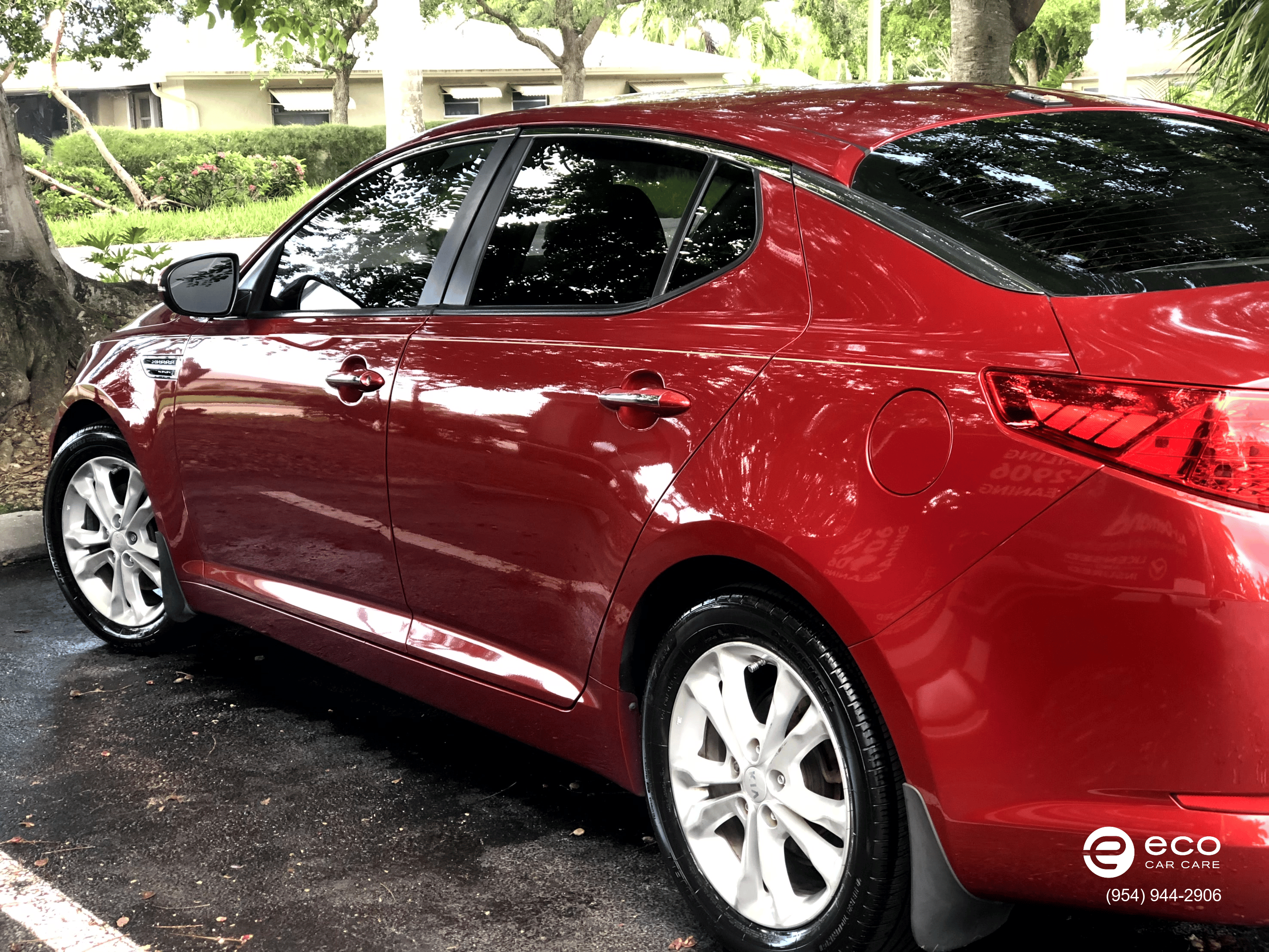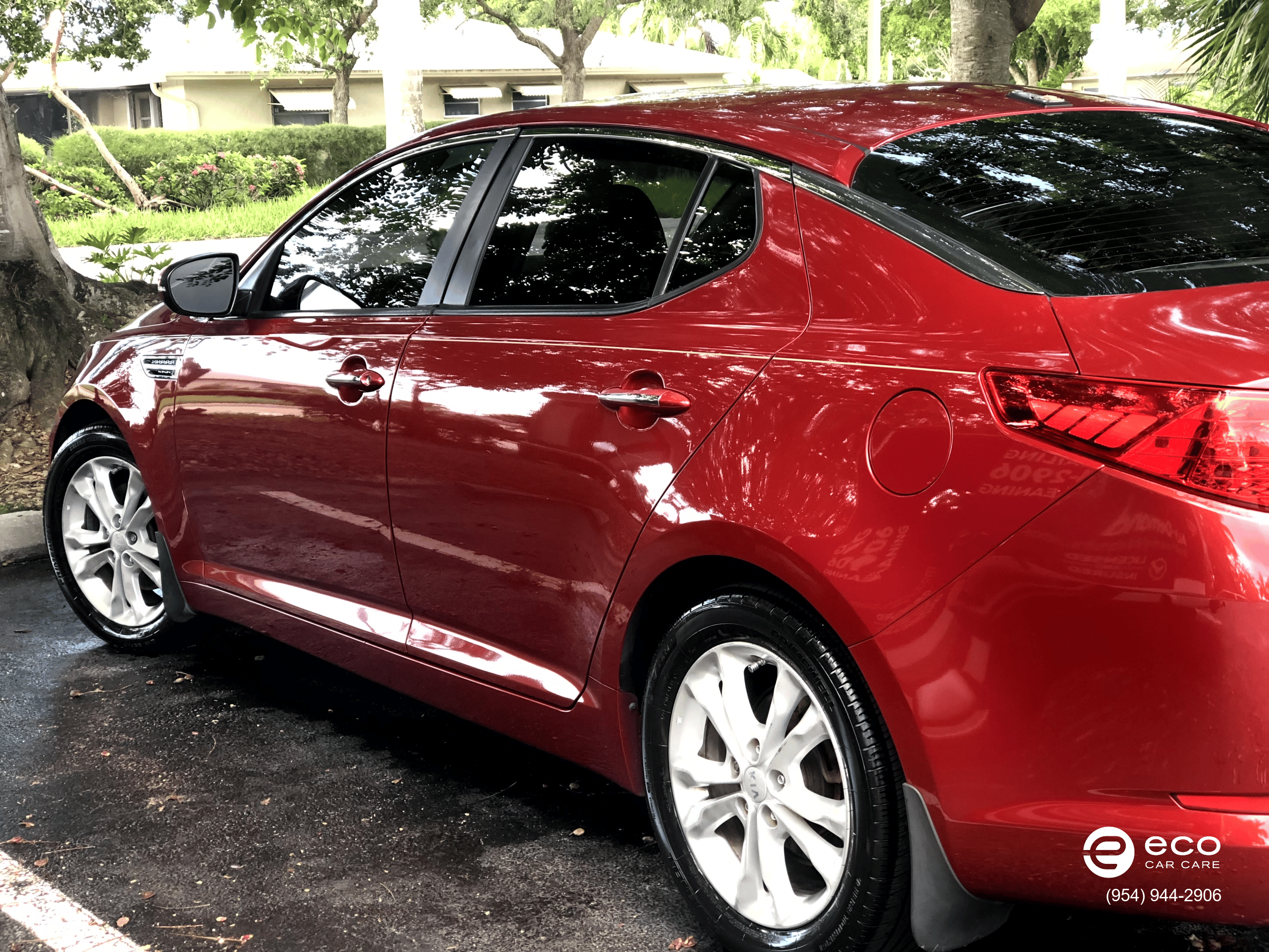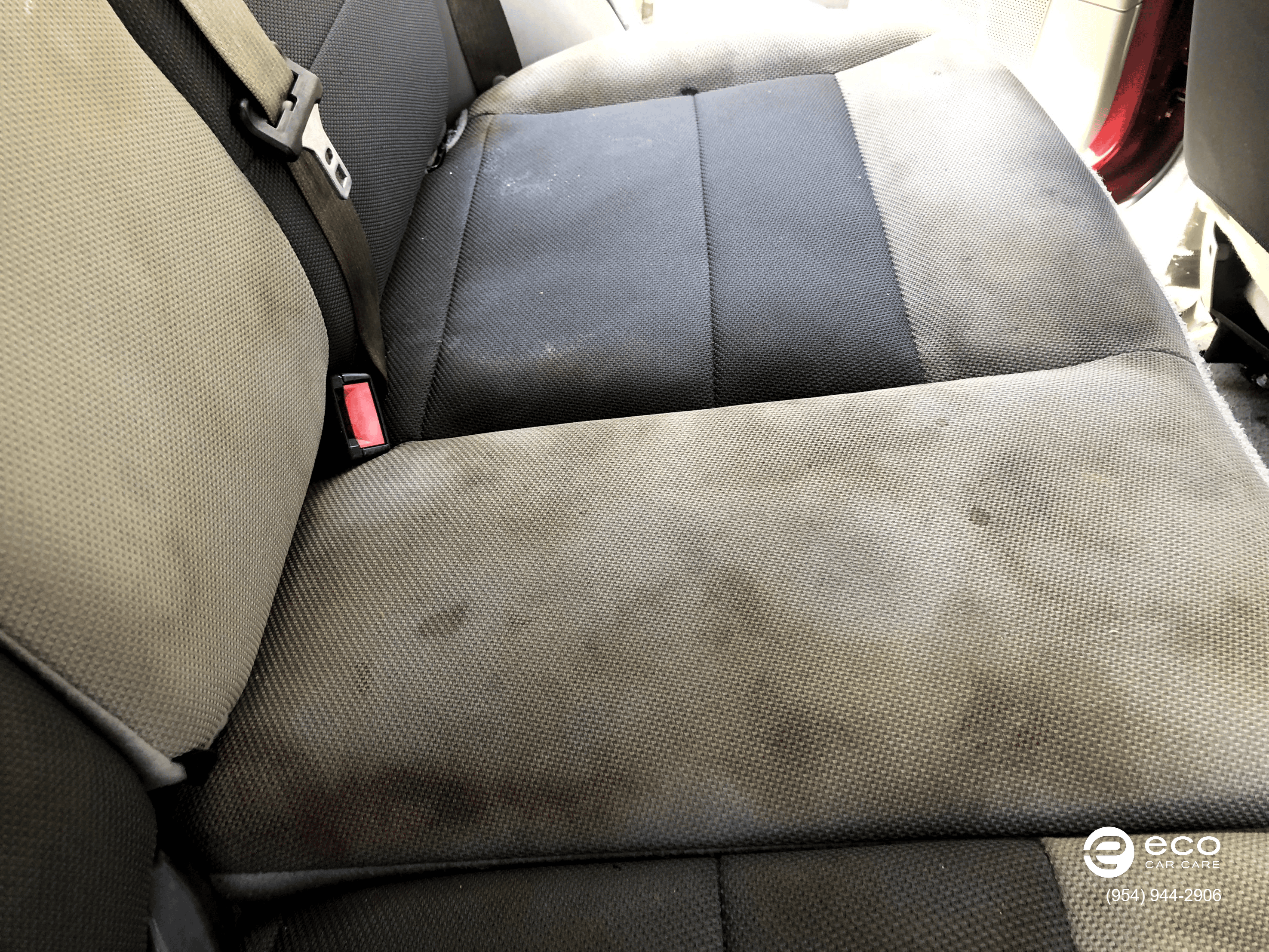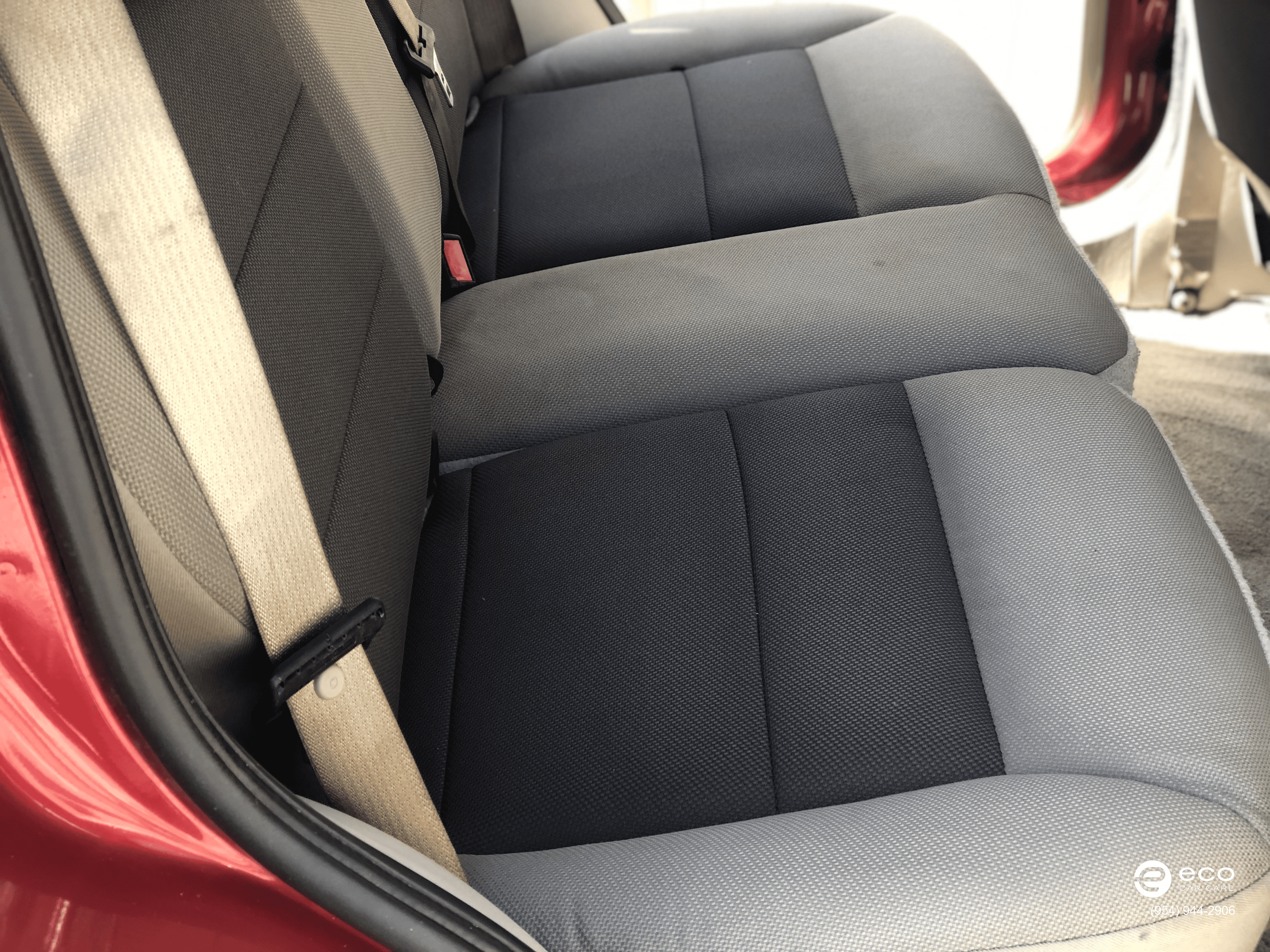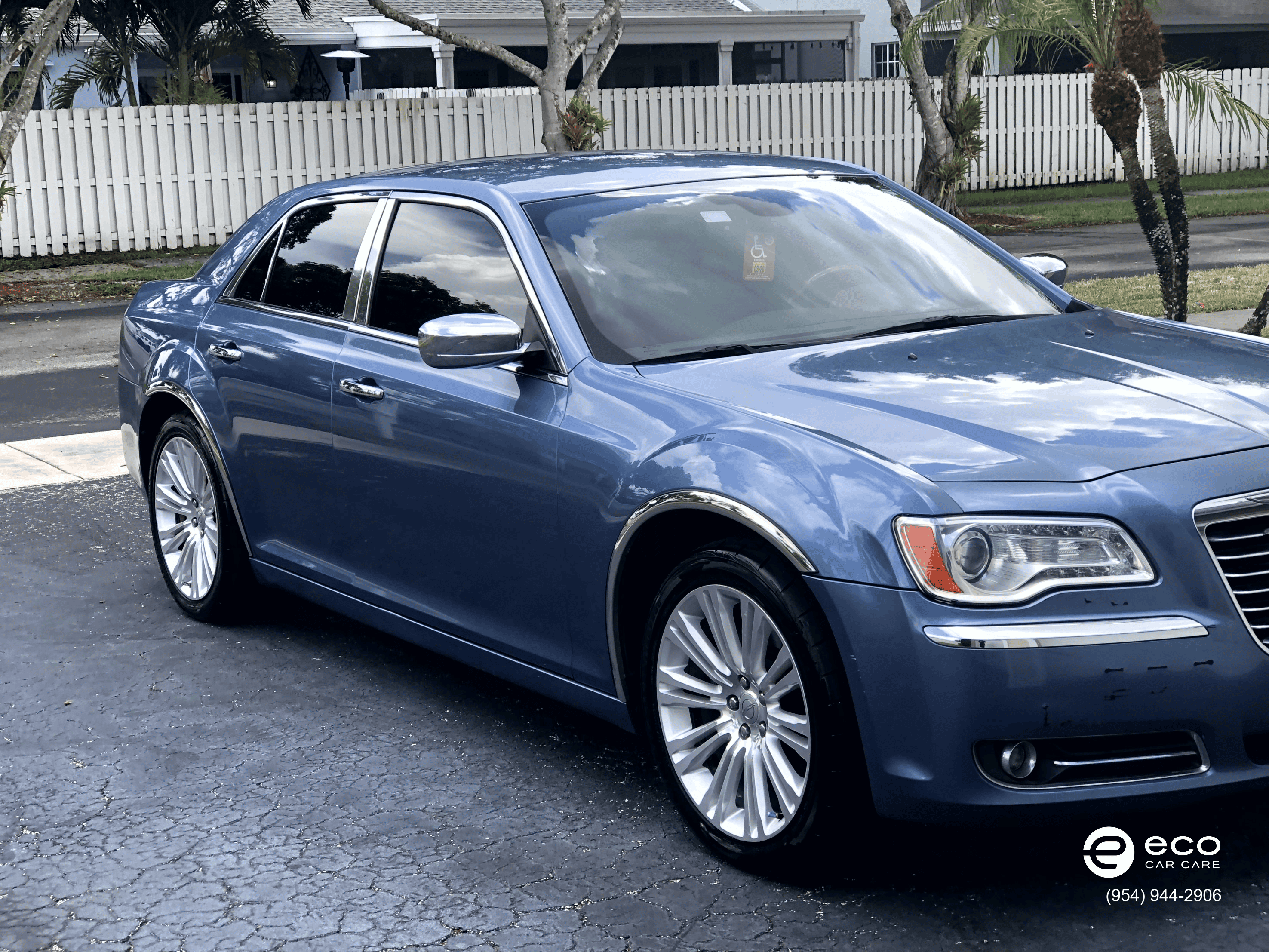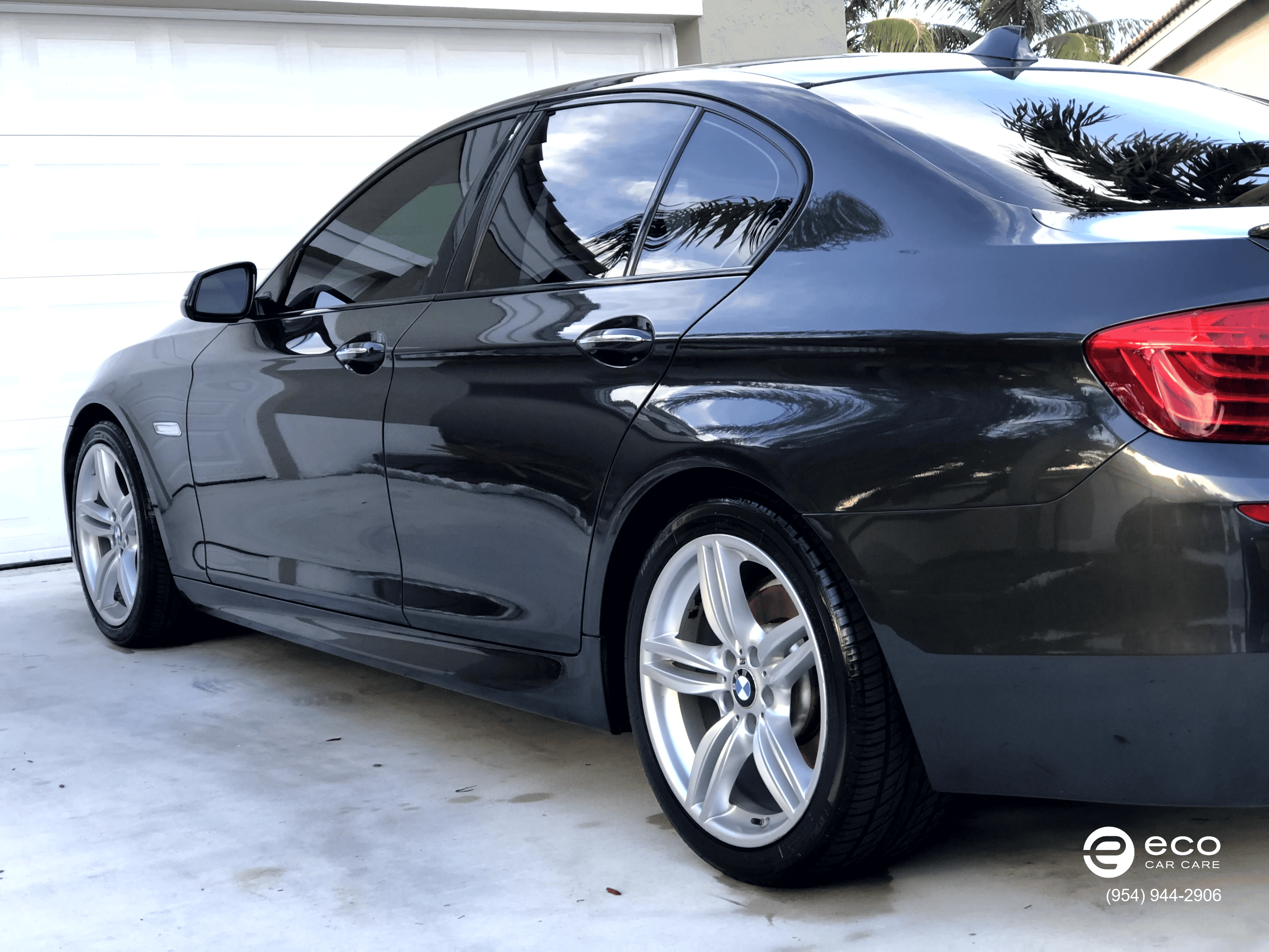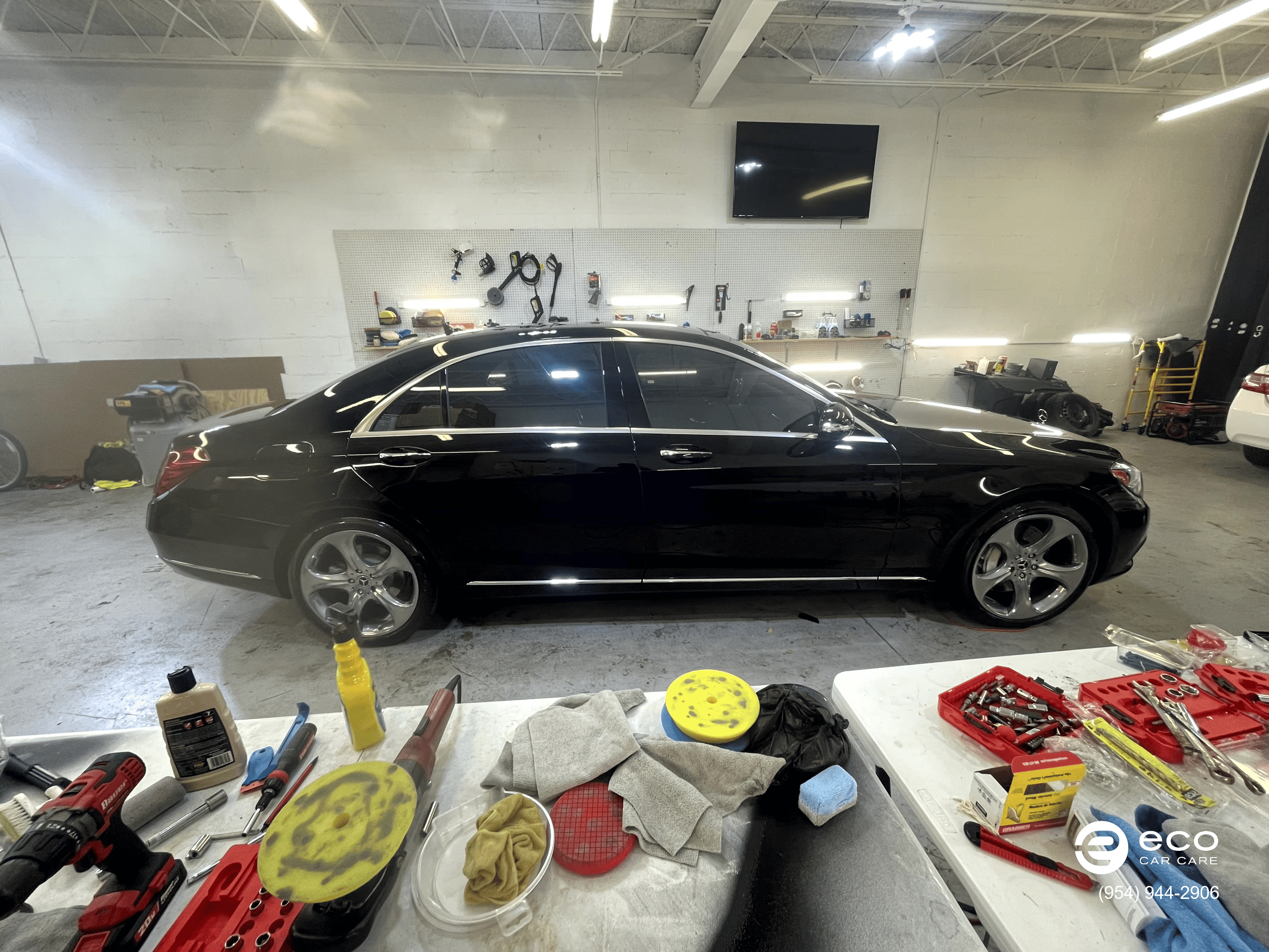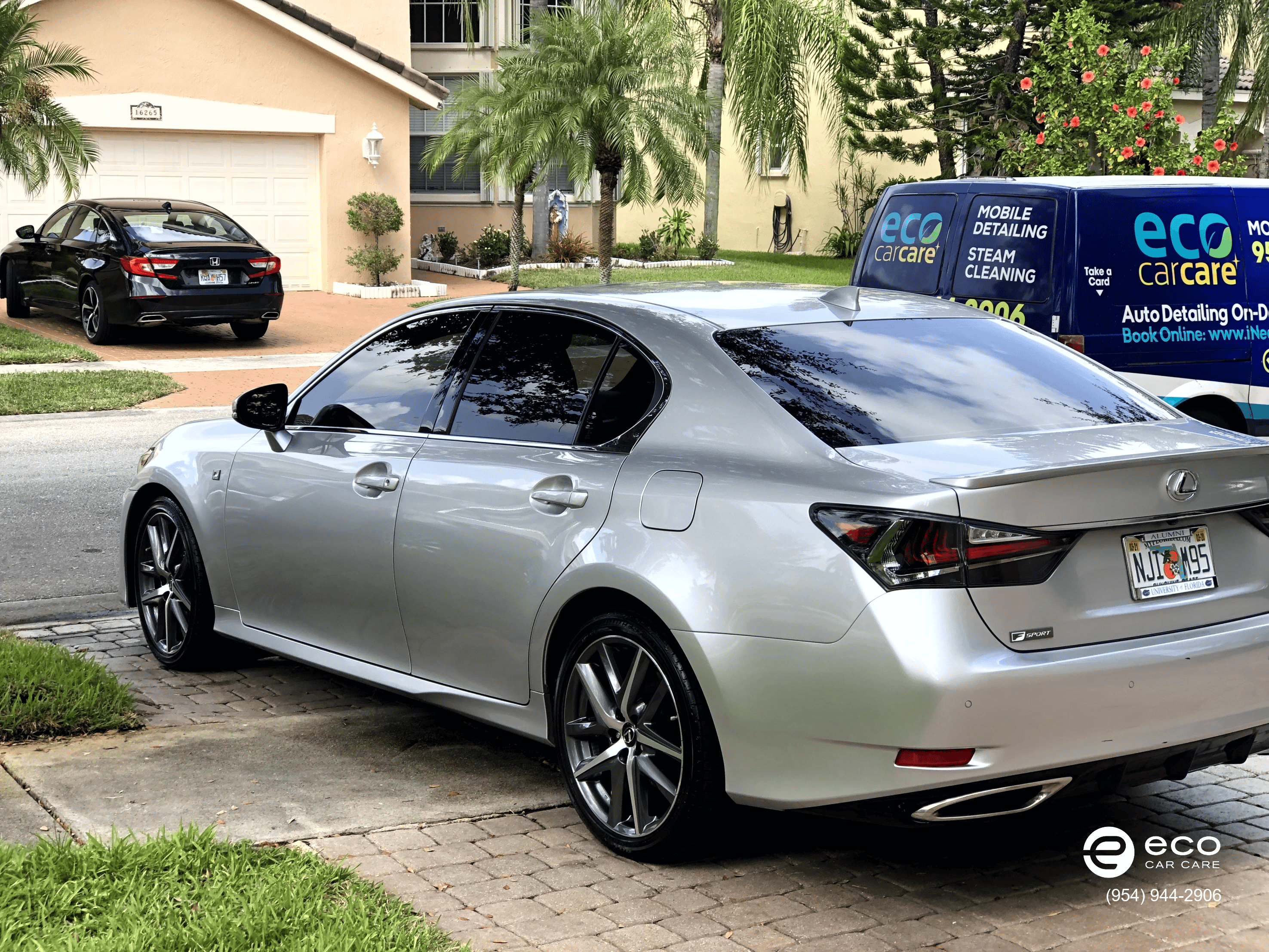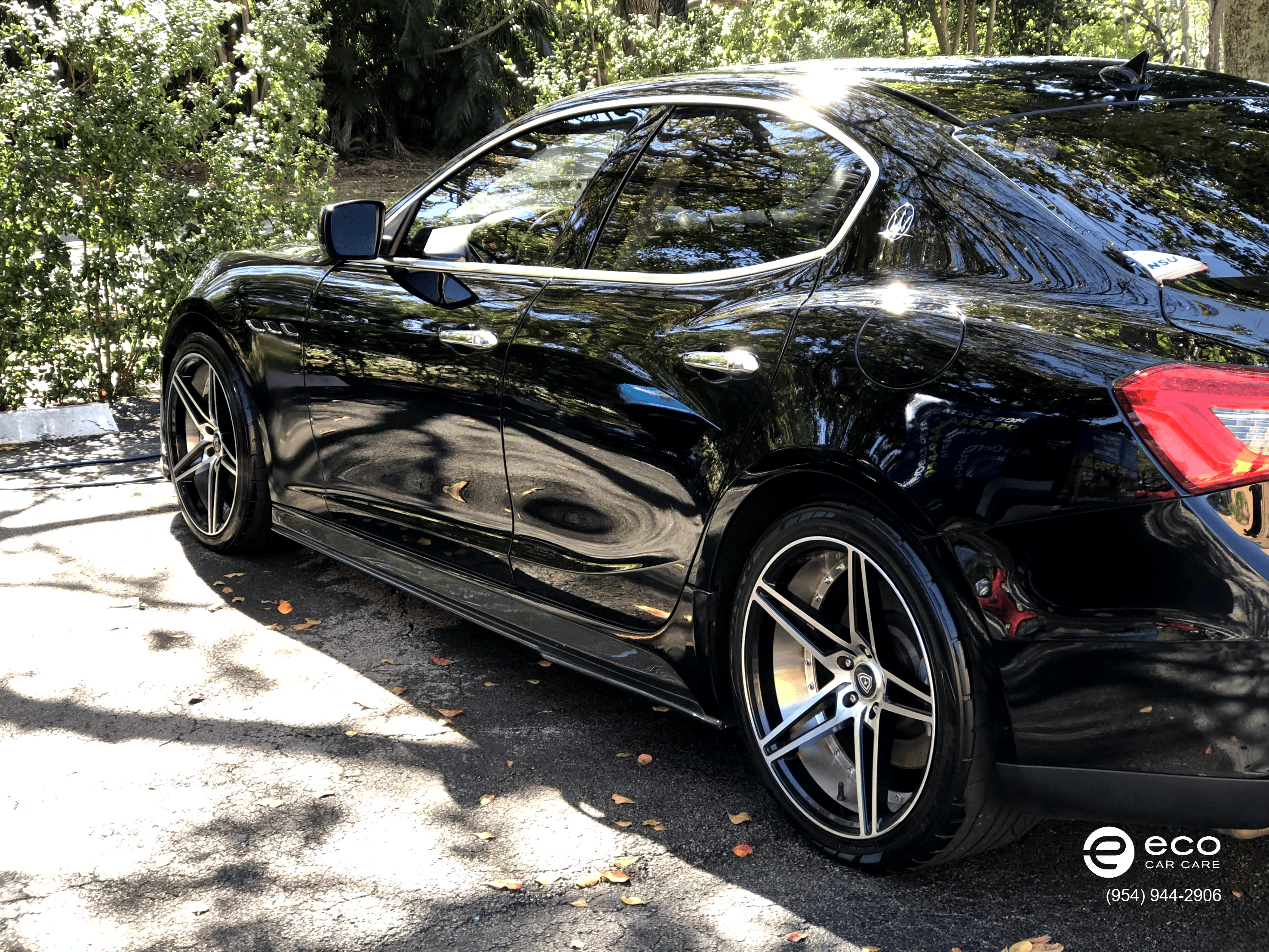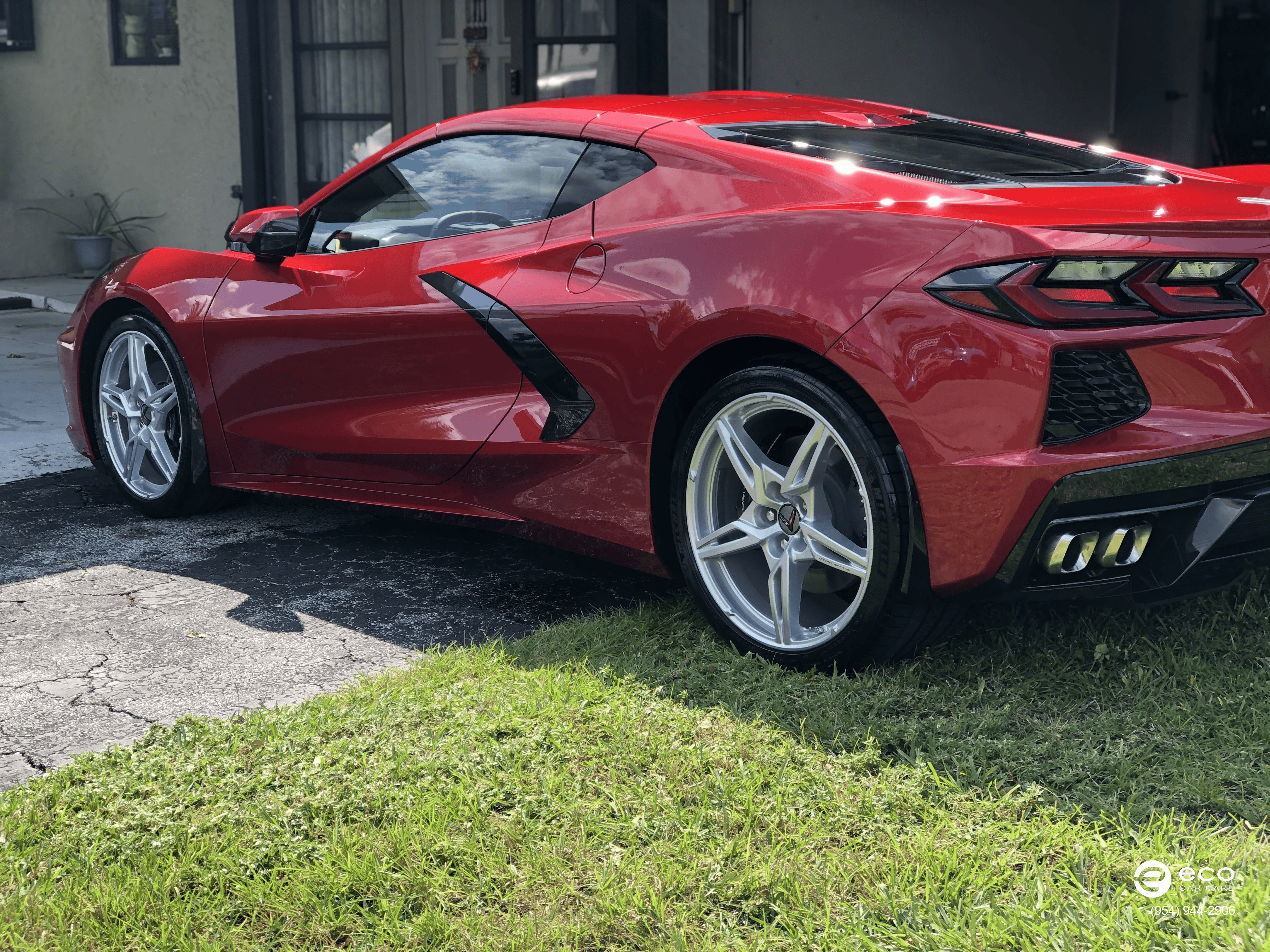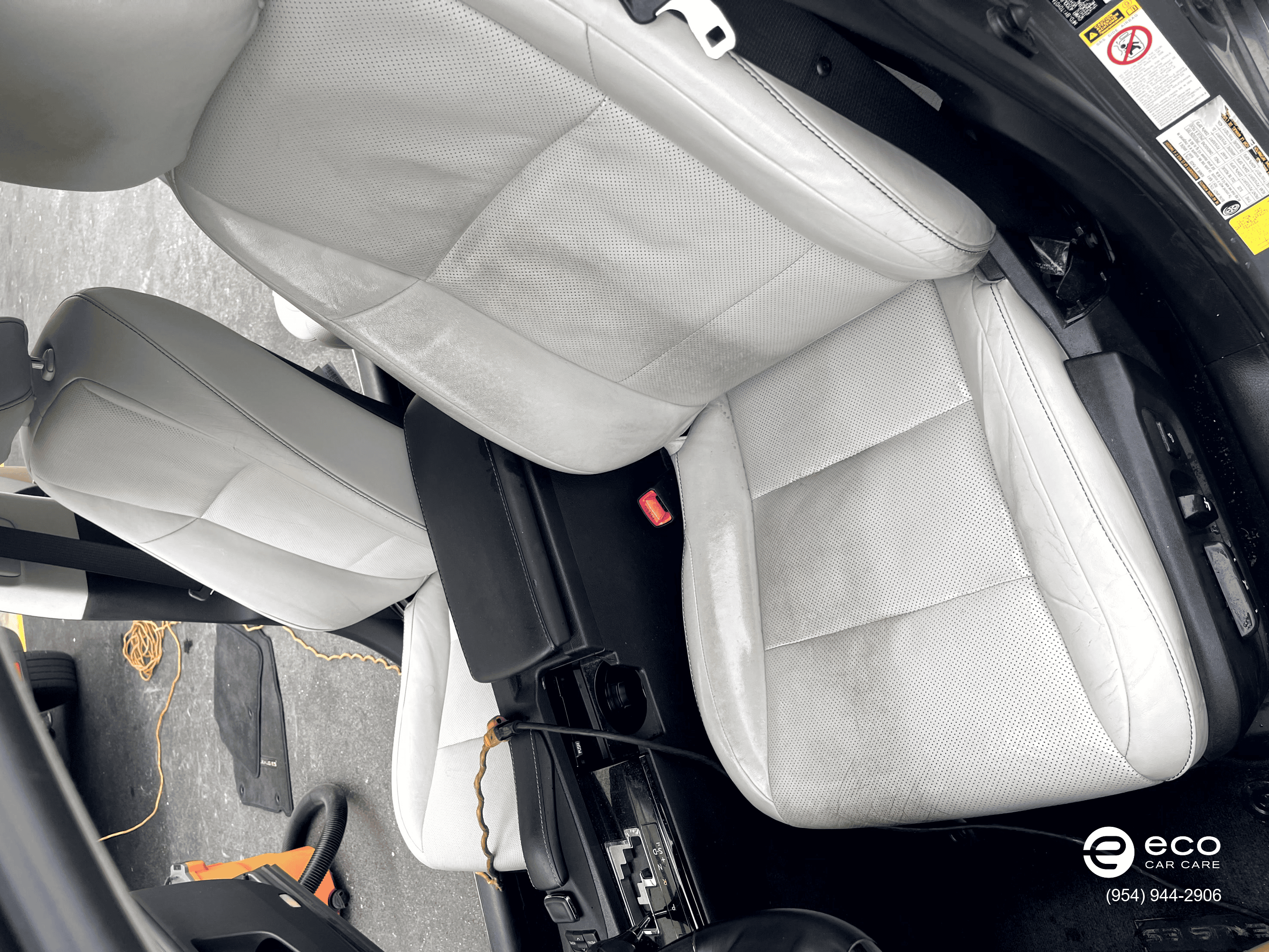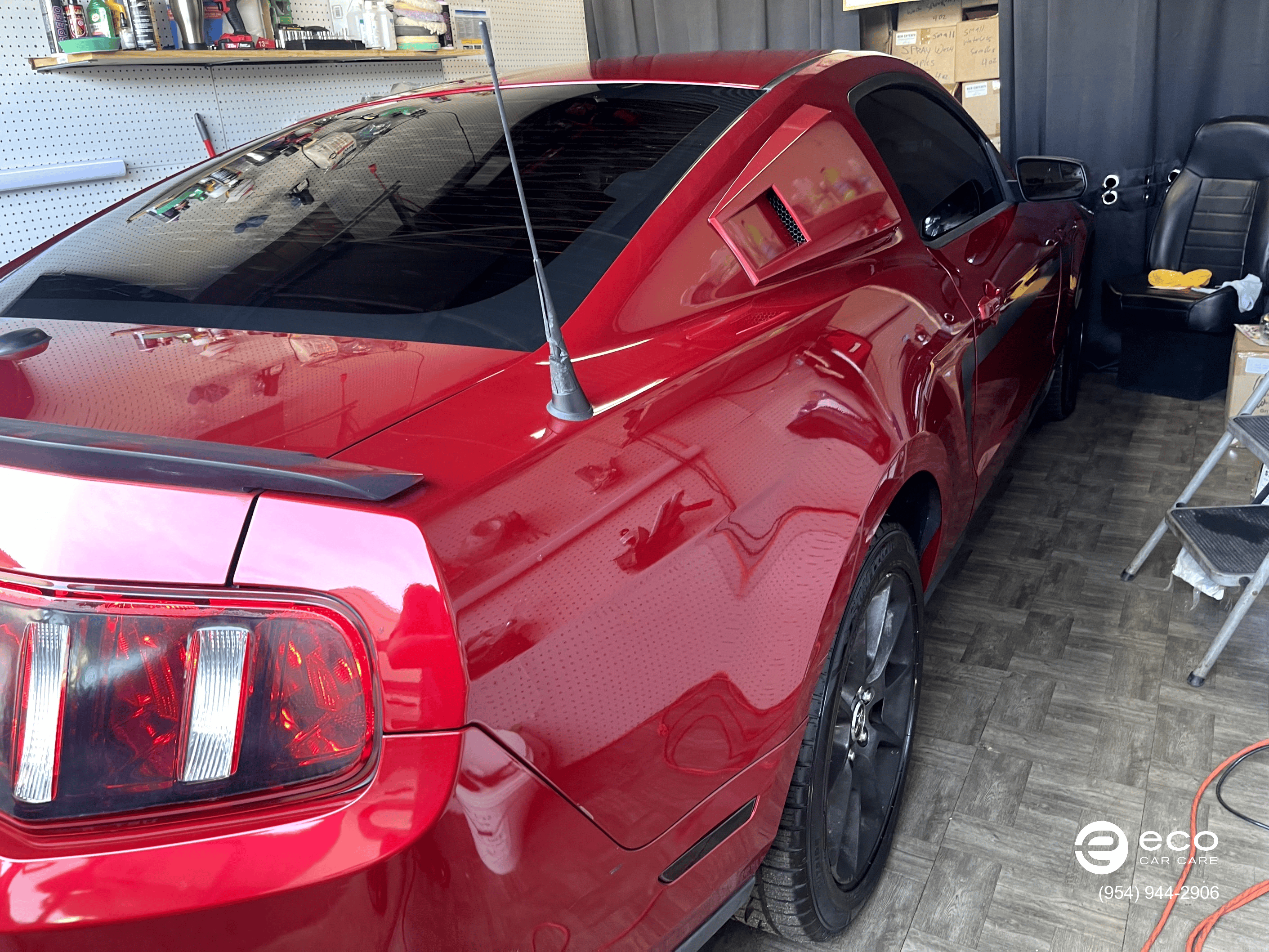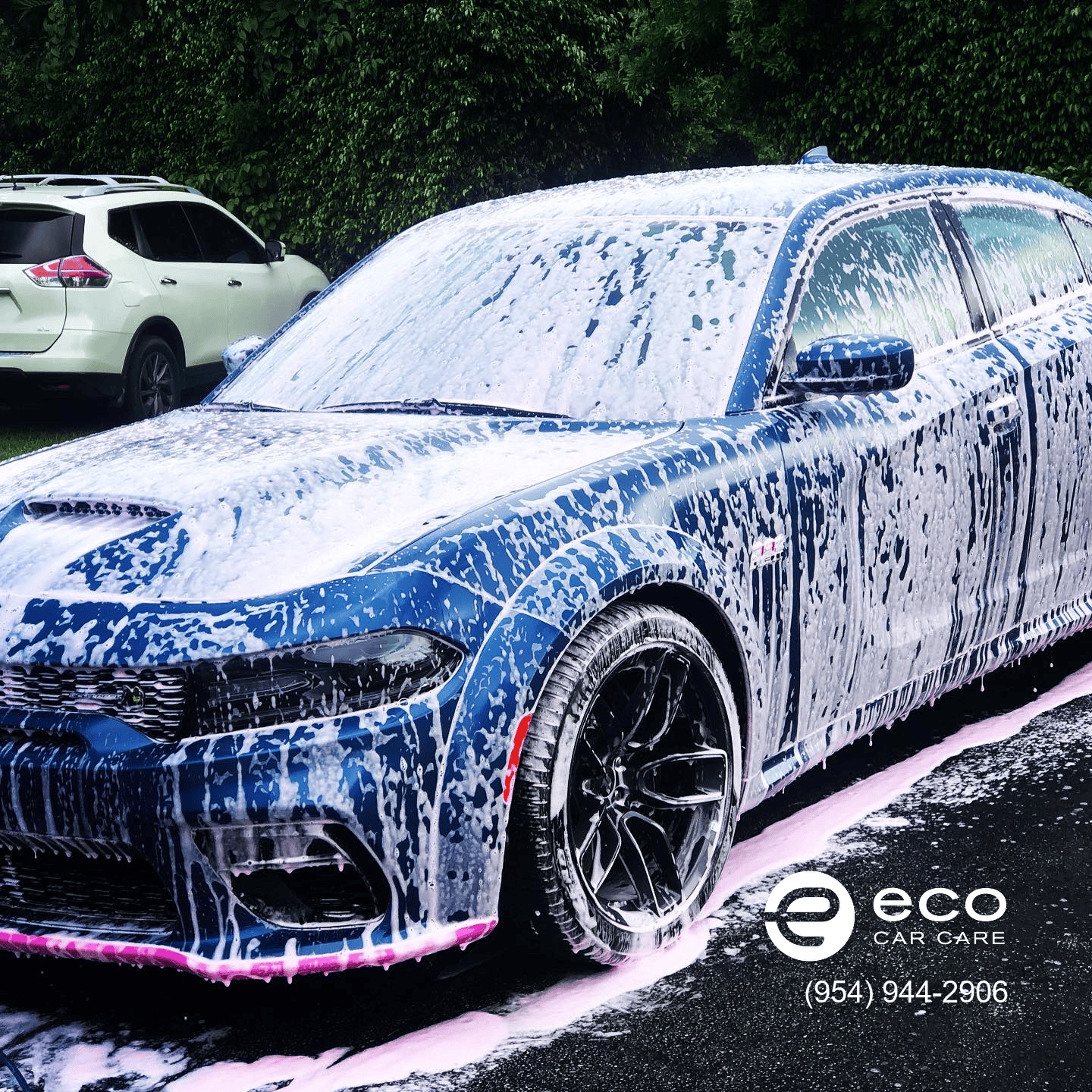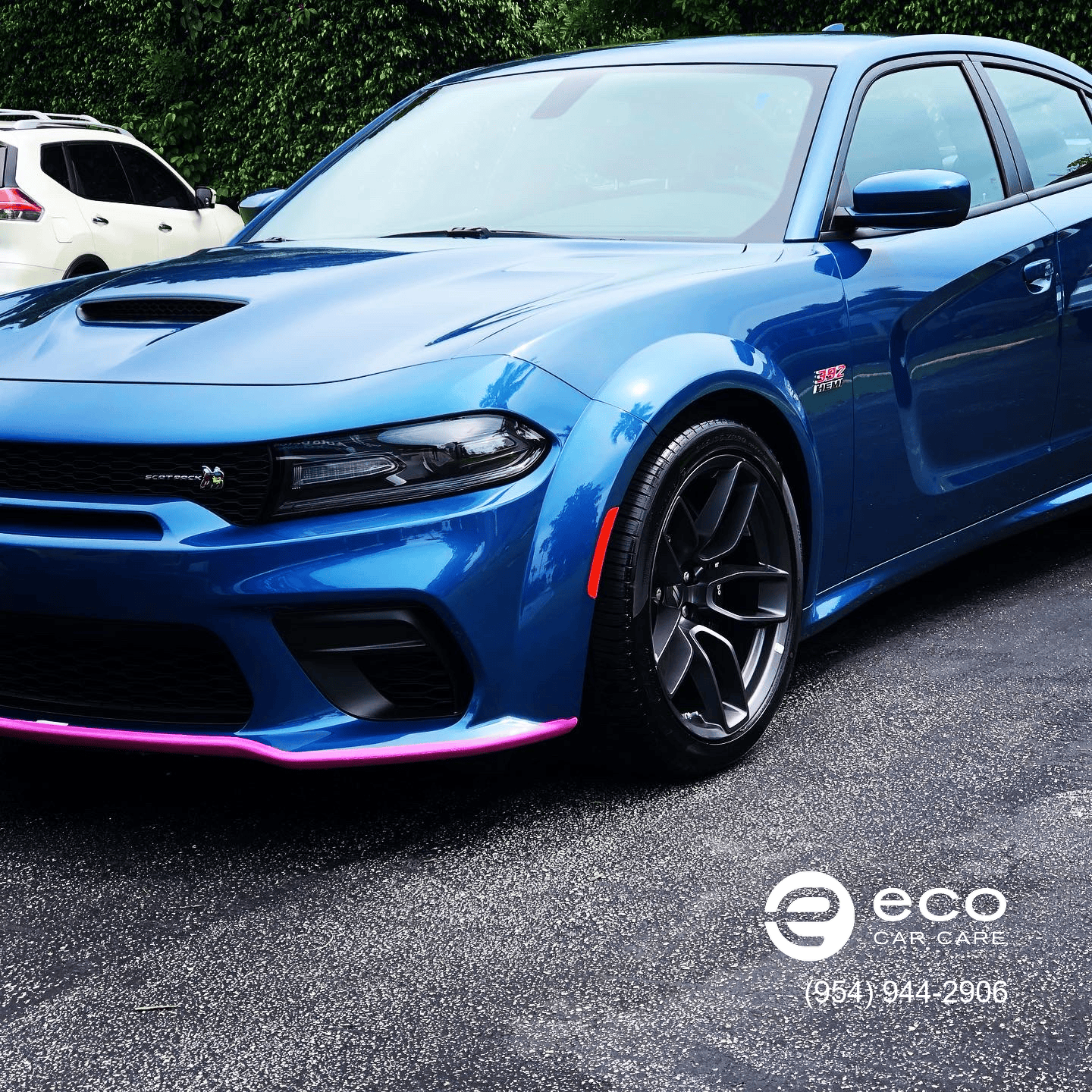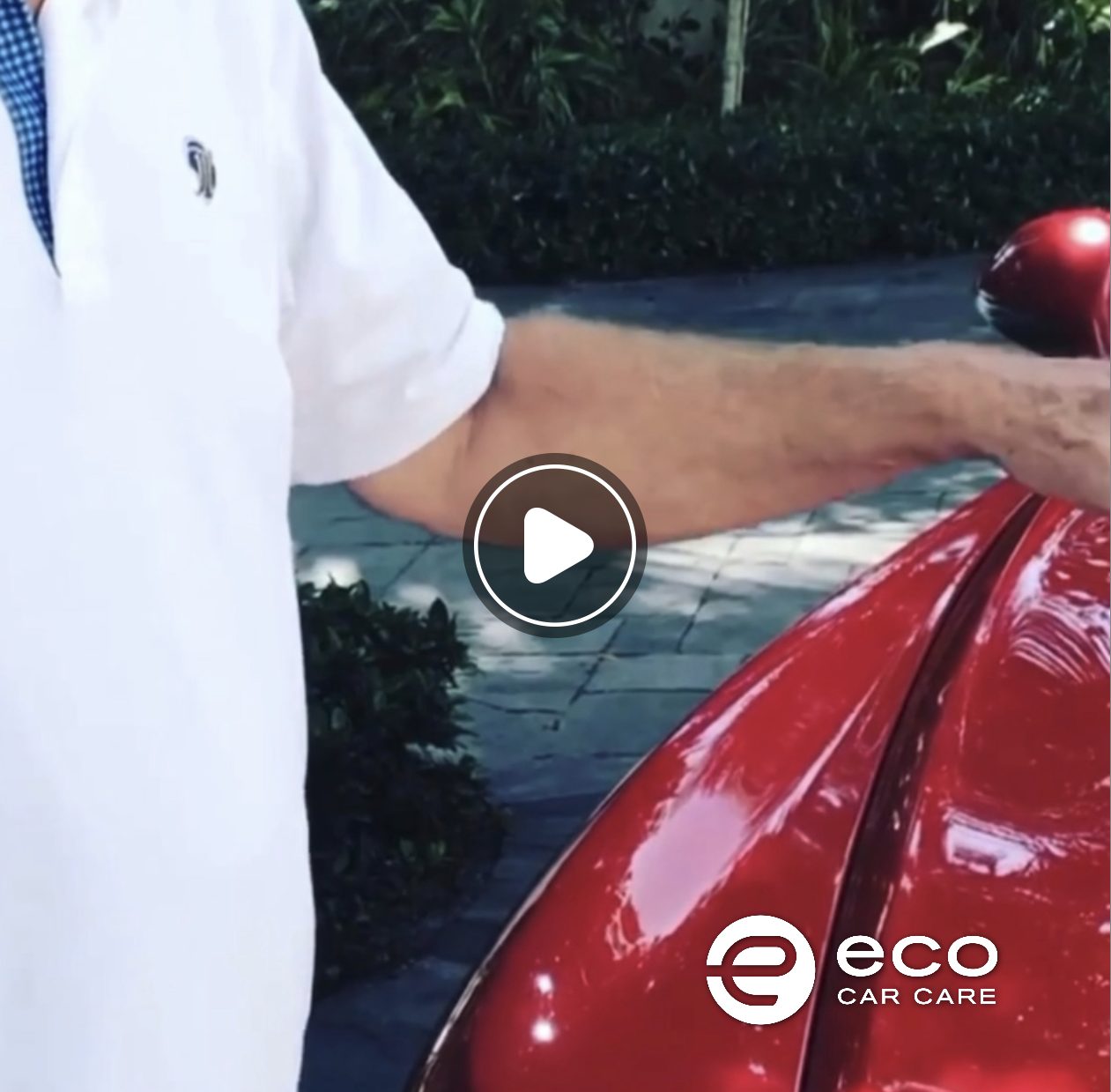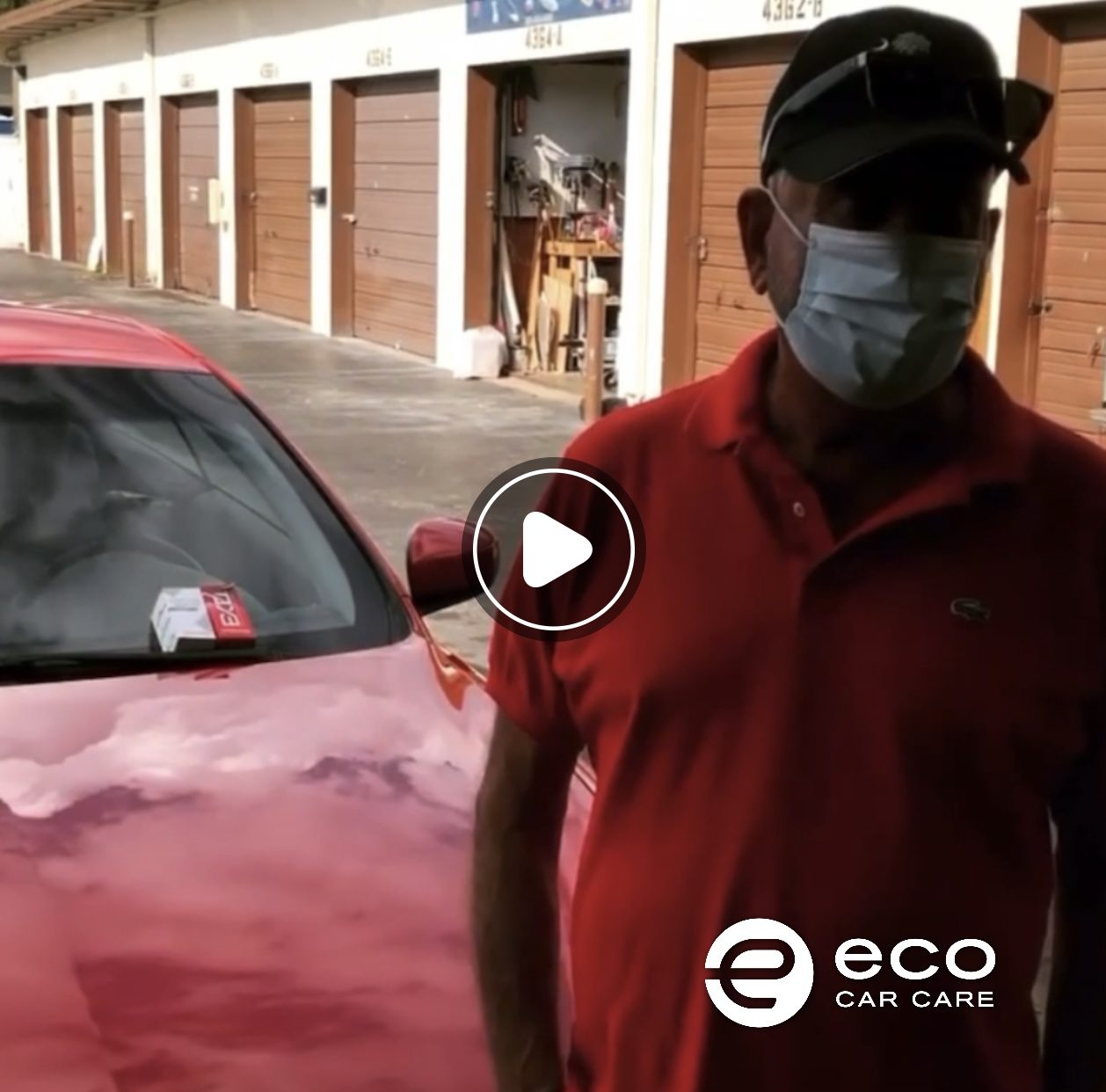Do I Need a Permit for My Wastewater Discharges?
How it works
Easy Online Booking
Professional Auto Detailing
Services
1 EPA) is required for businesses that discharge car wash wastewater directly into a surface water body or to a storm sewer that discharges to a surface water body. If car wash wastewater is discharged directly to a sanitary sewer system, a business owner must apply for a state construction permit and may also need to apply for a state operating permit. Contact the Office of Small Business for more information on Florida EPA water permits. Because car wash regulations vary from city to city, it is wise to contact the city storm water program or department or water department to determine exact local permit requirements.
Detail Gallery
Our Latest Work
What People Are Saying
Client Testimonials
Got Questions?
Frequently Asked Questions
The cost of car detailing varies depending on factors such as the size and condition of the vehicle, the level of service chosen, and the detailing provider. On average, expect to spend between $100 to $300 for basic detailing and up to $500 or more for premium services.
Car detailing involves thoroughly cleaning, restoring, and protecting the interior and exterior surfaces of a vehicle. It typically includes processes such as washing, waxing, polishing, vacuuming, steam cleaning, and conditioning to enhance the appearance and longevity of the car.
A full auto detailing service encompasses comprehensive cleaning and restoration of both the interior and exterior of a vehicle. It includes tasks such as washing, waxing, polishing, shampooing carpets, cleaning upholstery, treating leather, and detailing the engine bay.
The cost of car detailing reflects the time, effort, skill, and quality of materials used in the process. Professional detailers invest in high-quality products and equipment, undergo extensive training, and meticulously perform each step to achieve exceptional results, which justifies the higher price.
The frequency of car detailing depends on factors such as your driving habits, environmental conditions, and personal preferences. As a general guideline, aim to detail your car every 4 to 6 months to maintain its appearance and protect its value. However, high-use vehicles or those exposed to harsh conditions may require more frequent detailing.
Professional car detailing techniques such as paint correction or scratch removal can improve the appearance of minor scratches and swirl marks on the vehicle's paintwork. However, deep or severe scratches may require more extensive repairs such as touch-up painting or panel refinishing.
